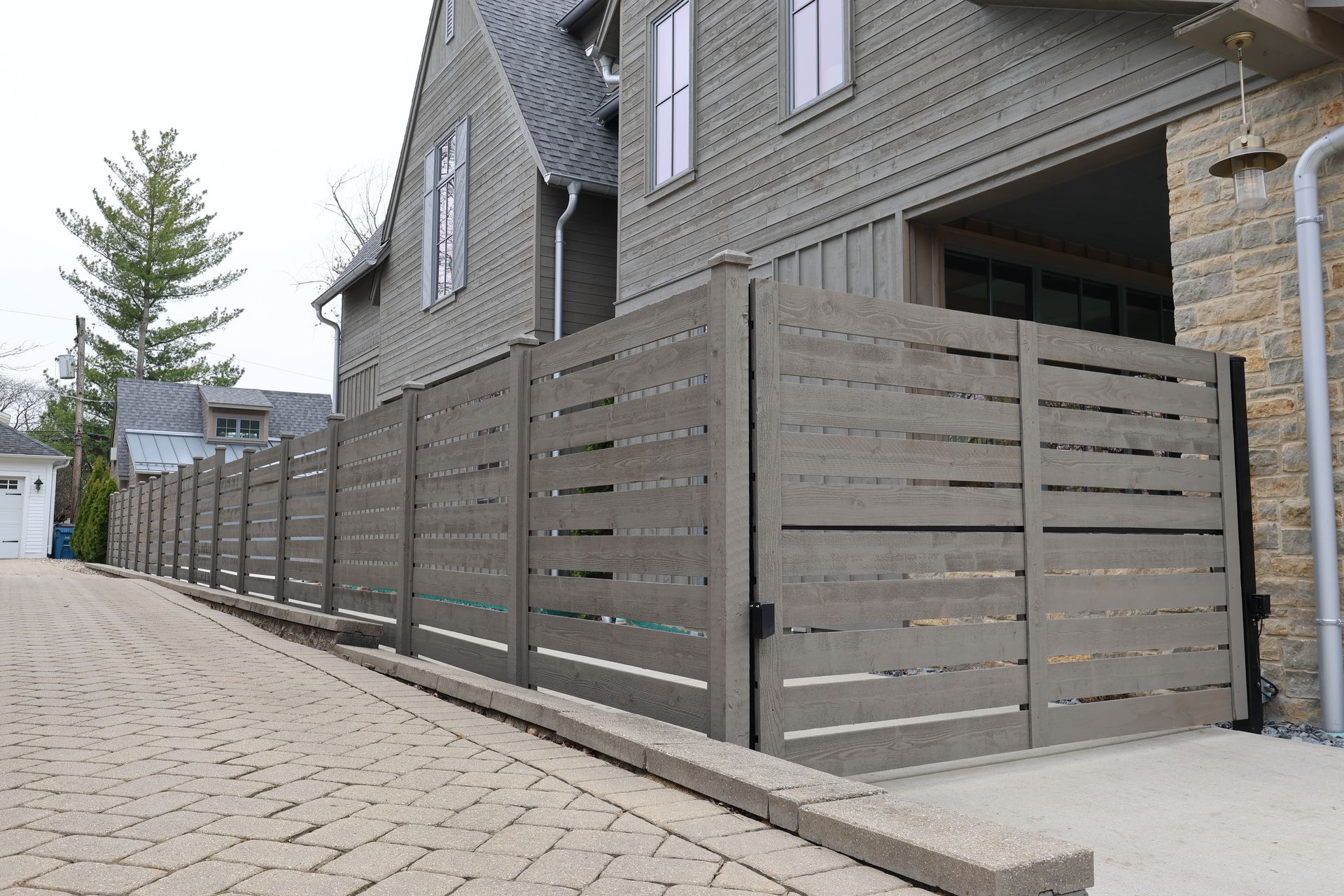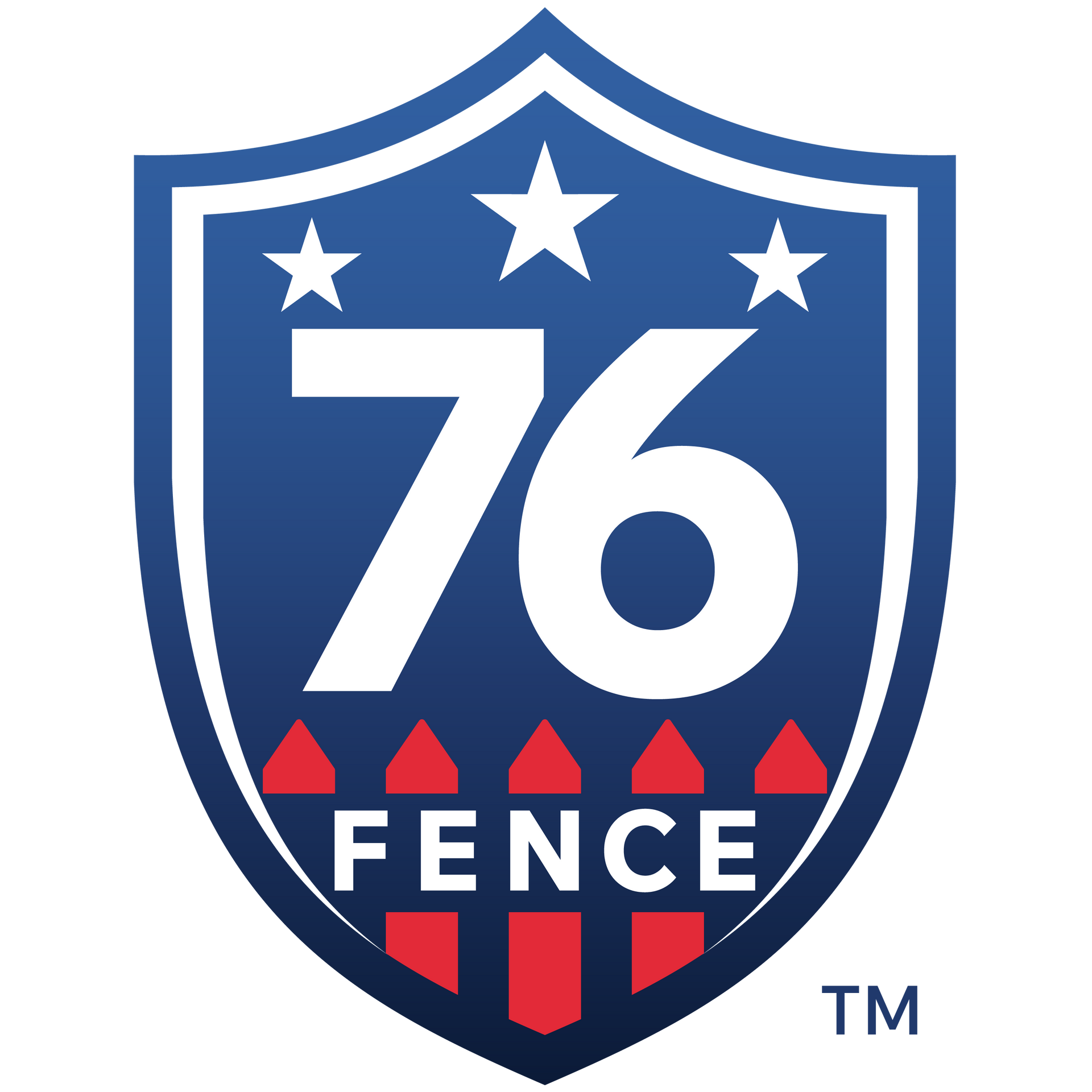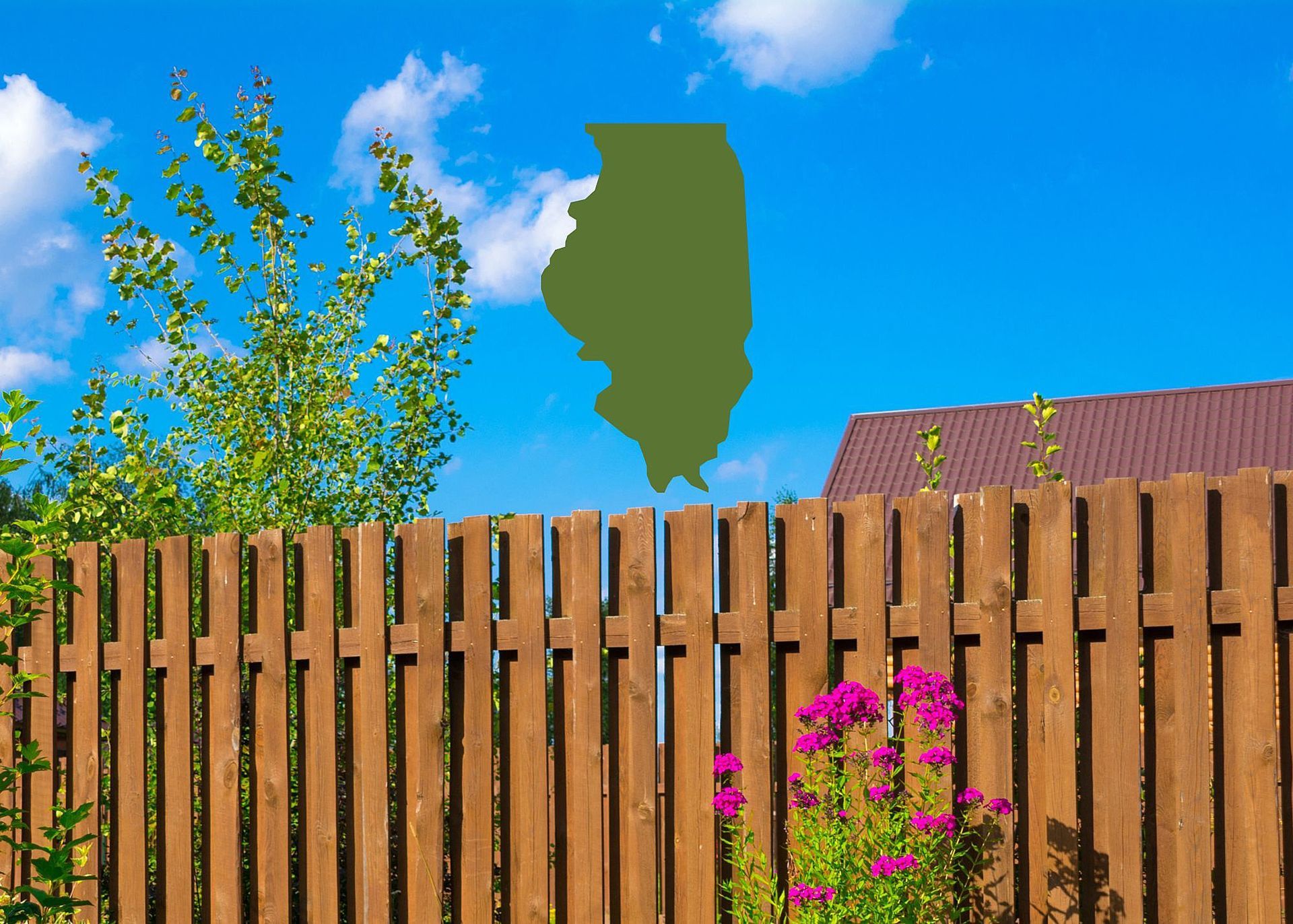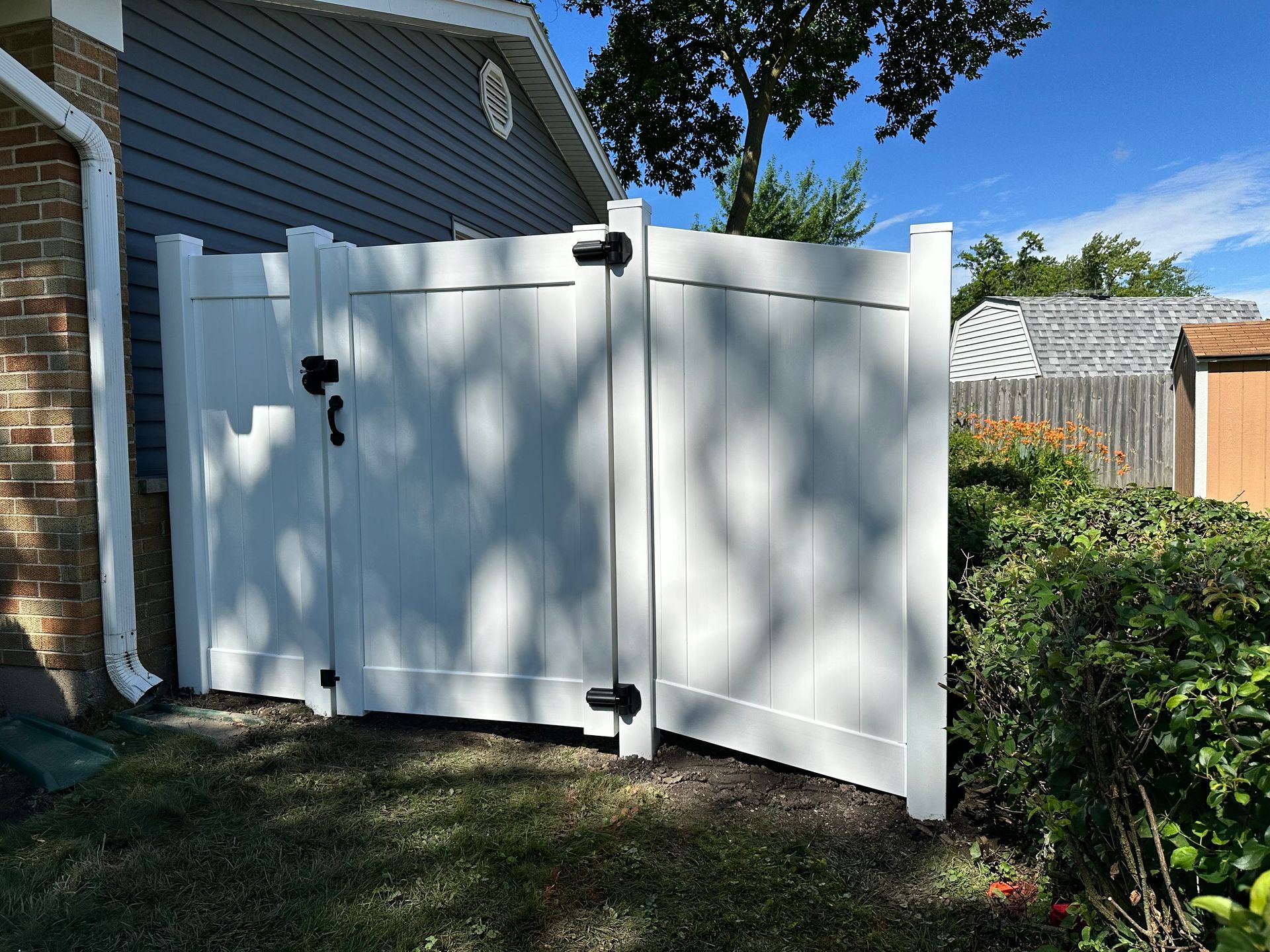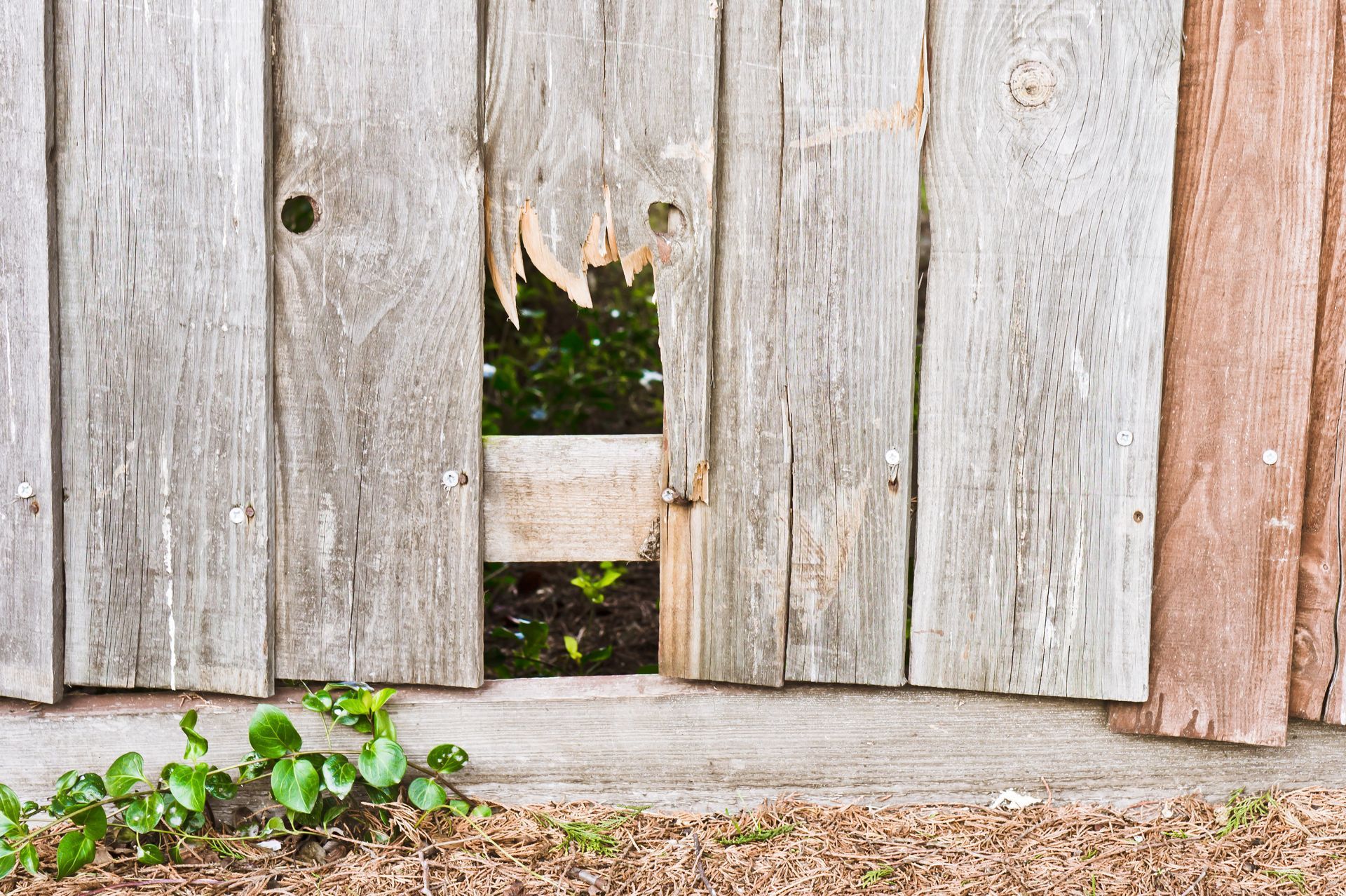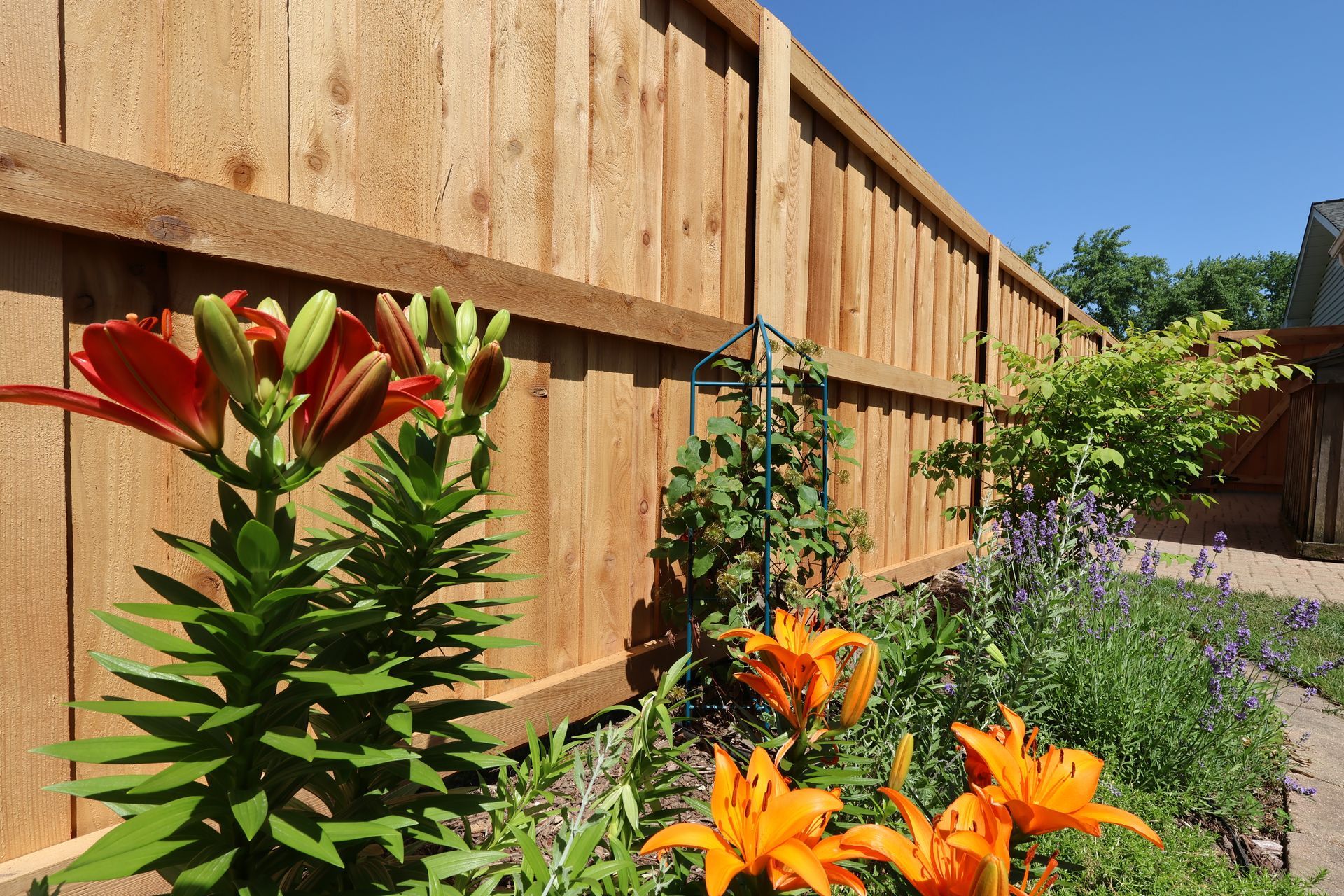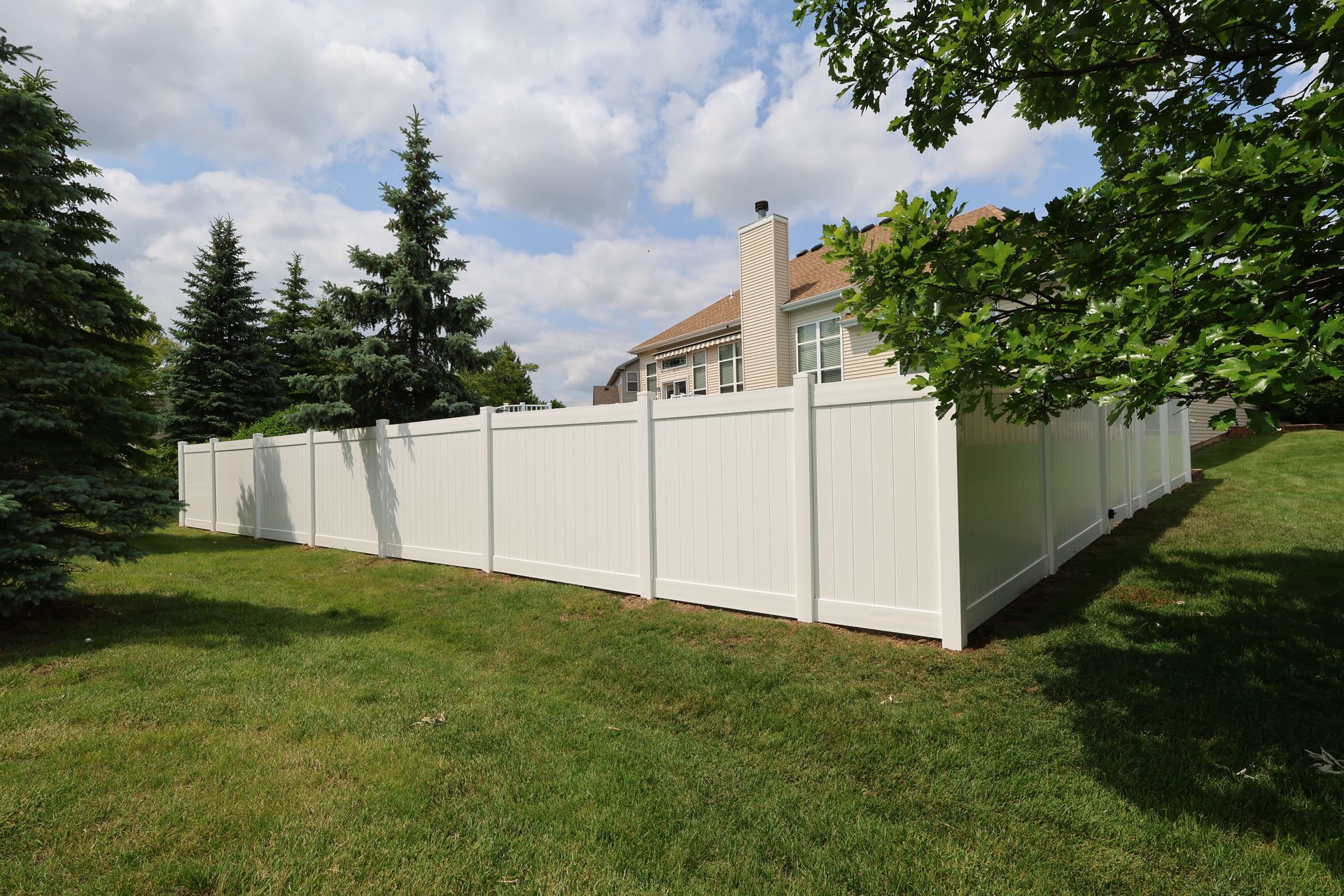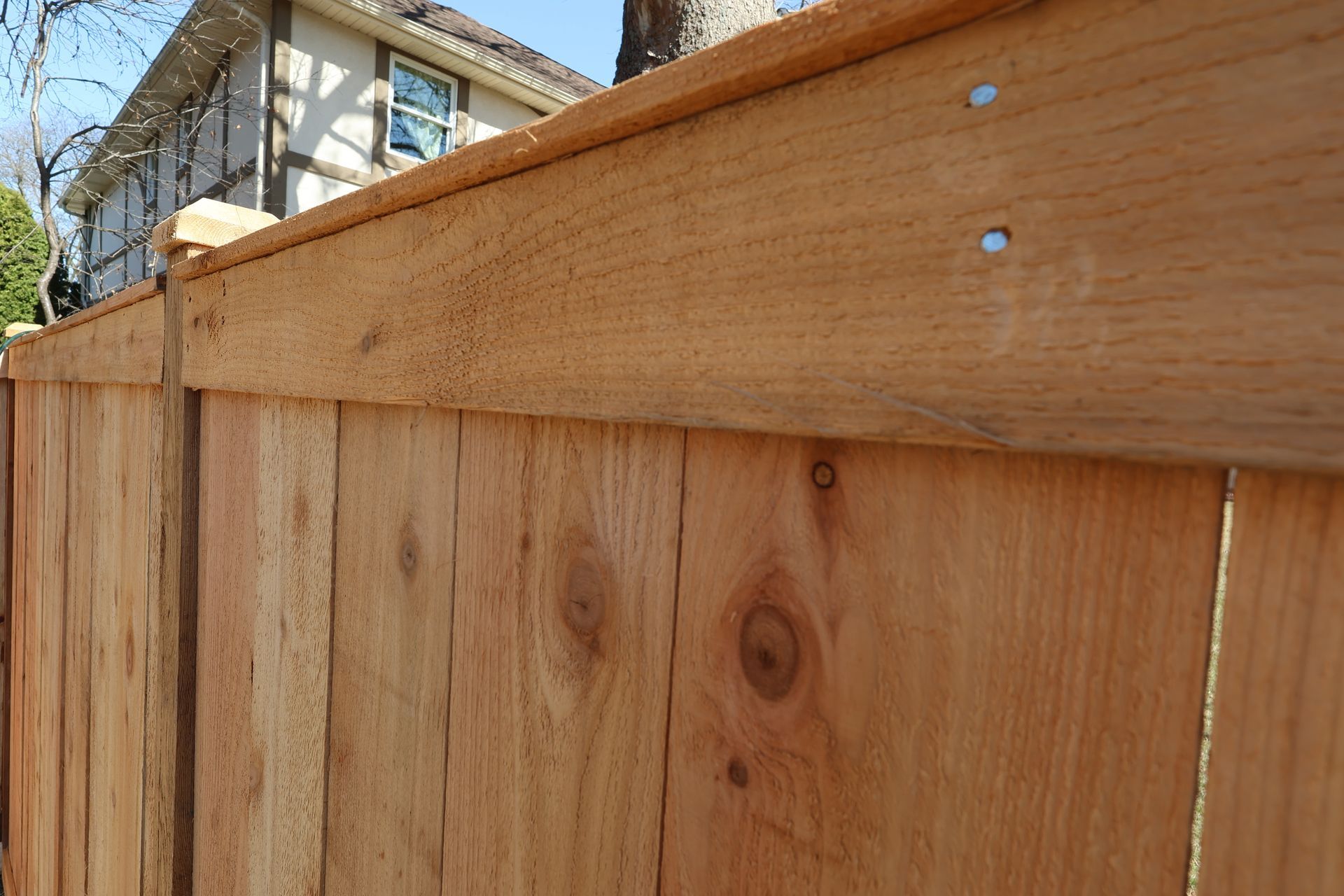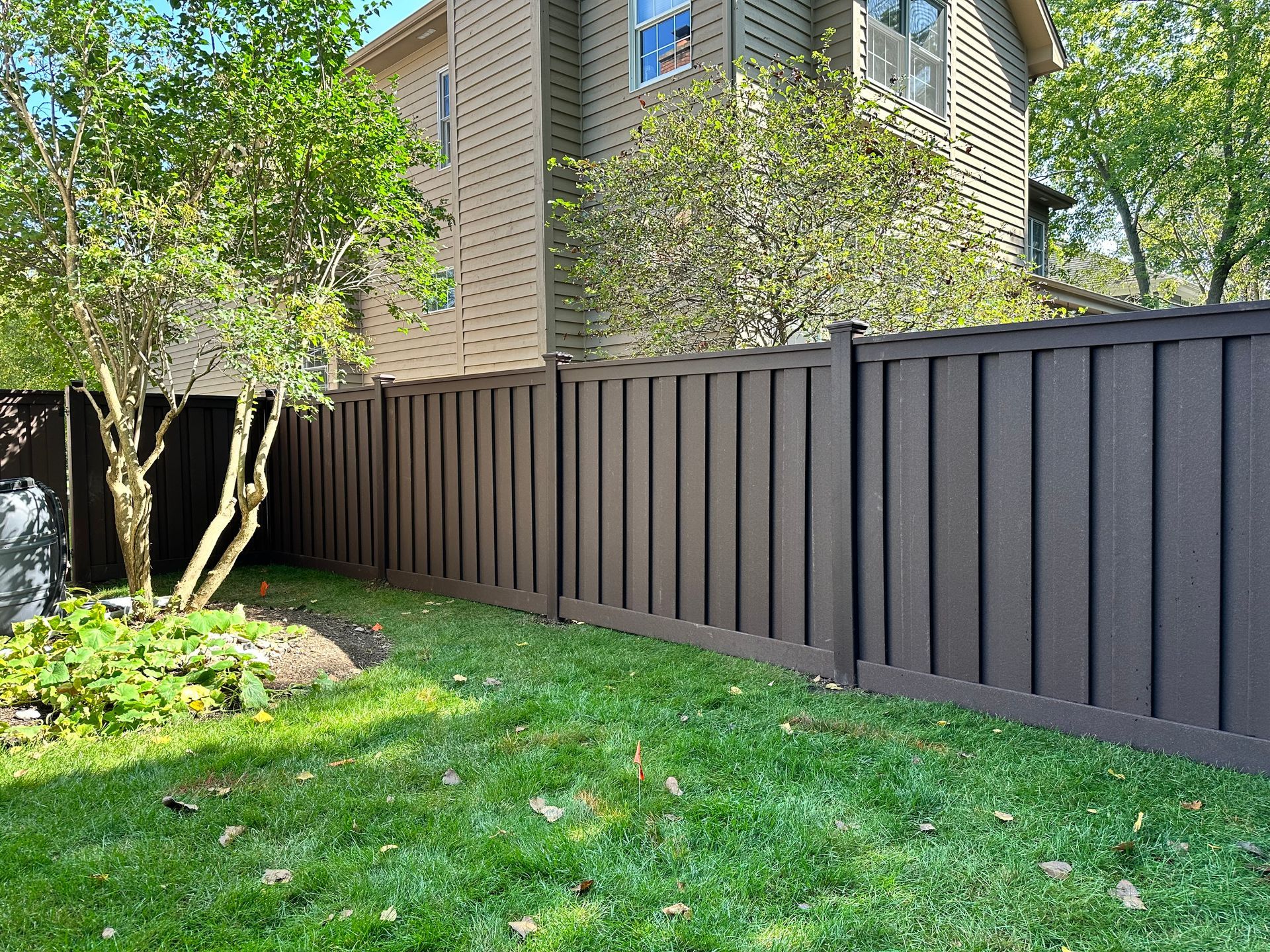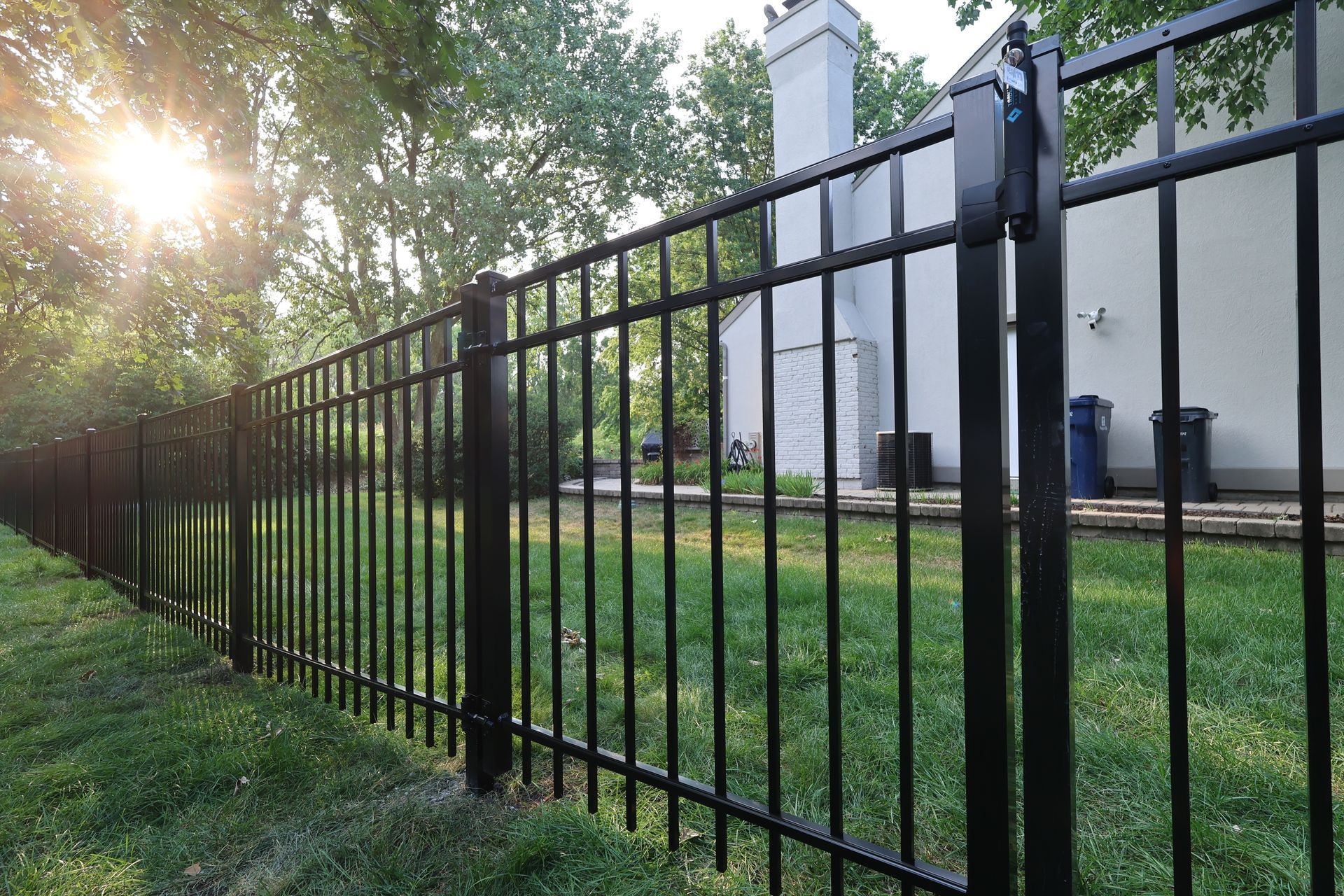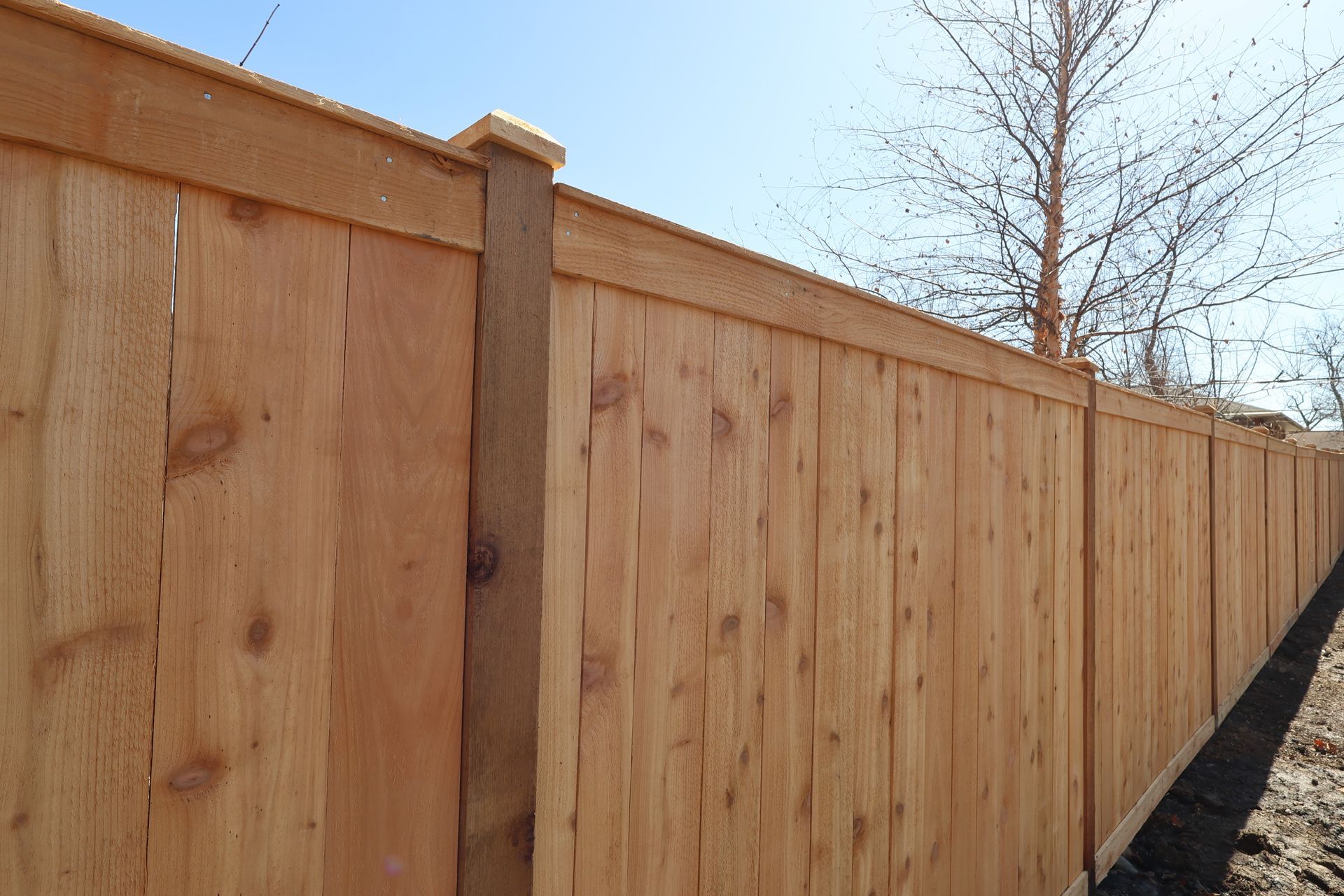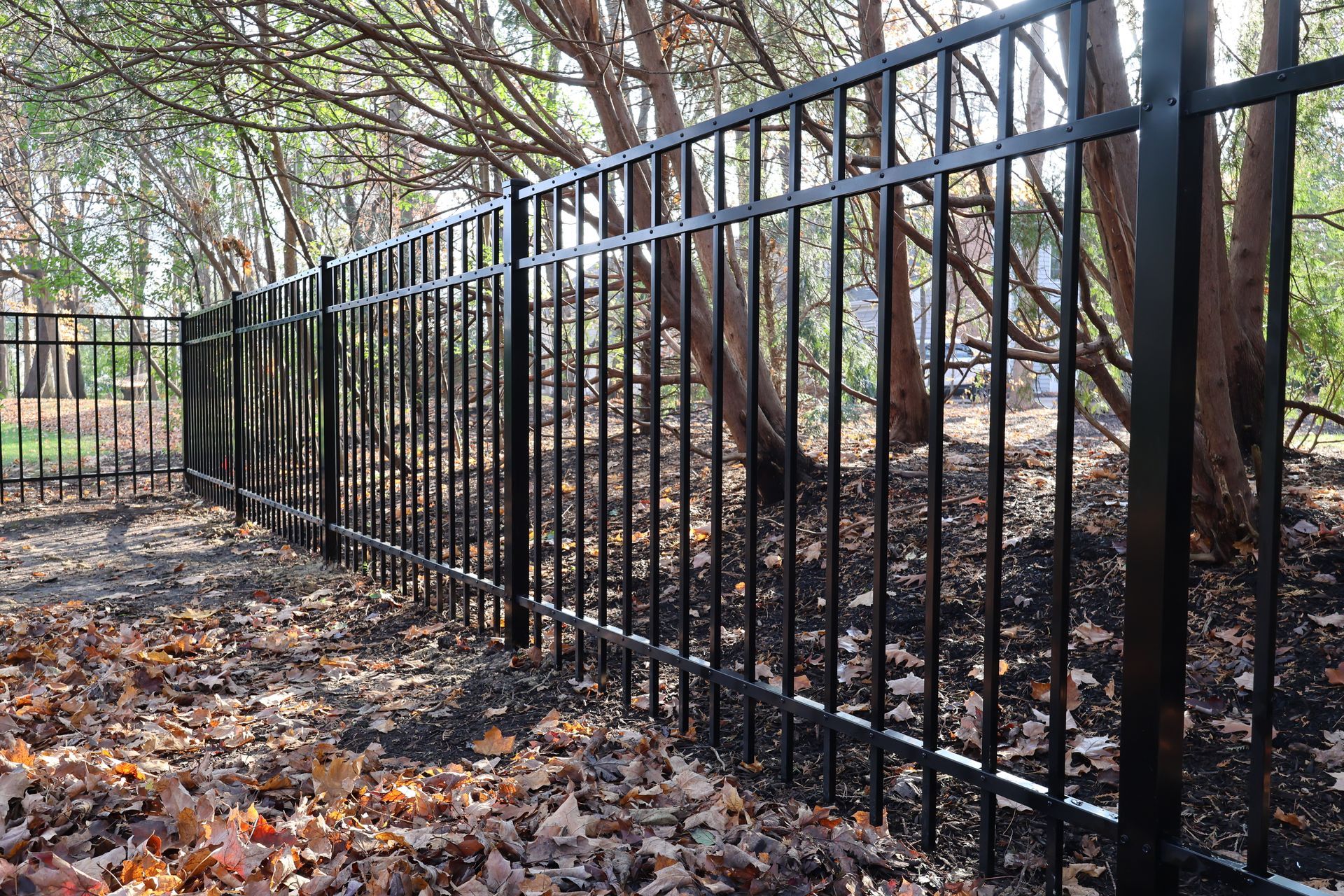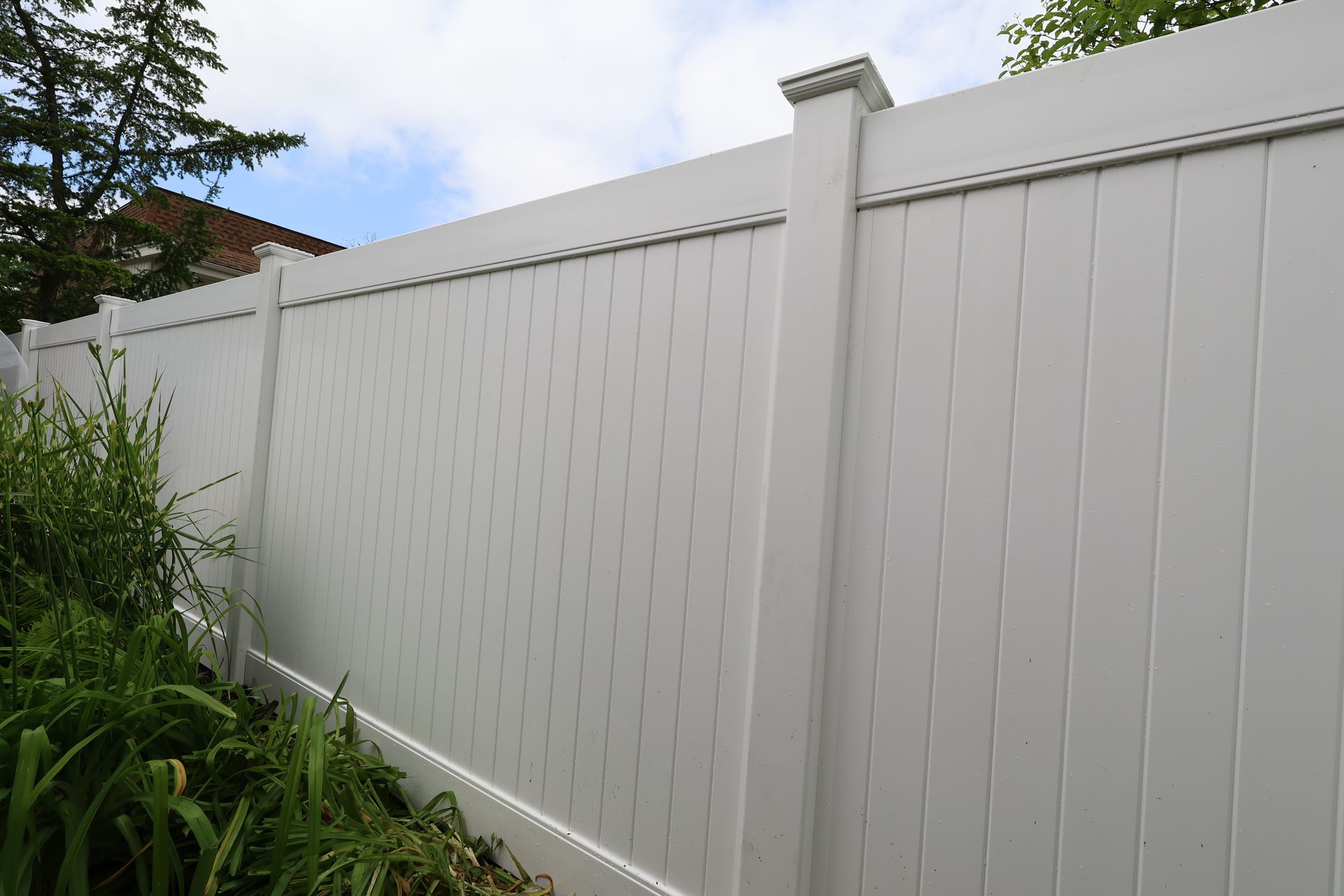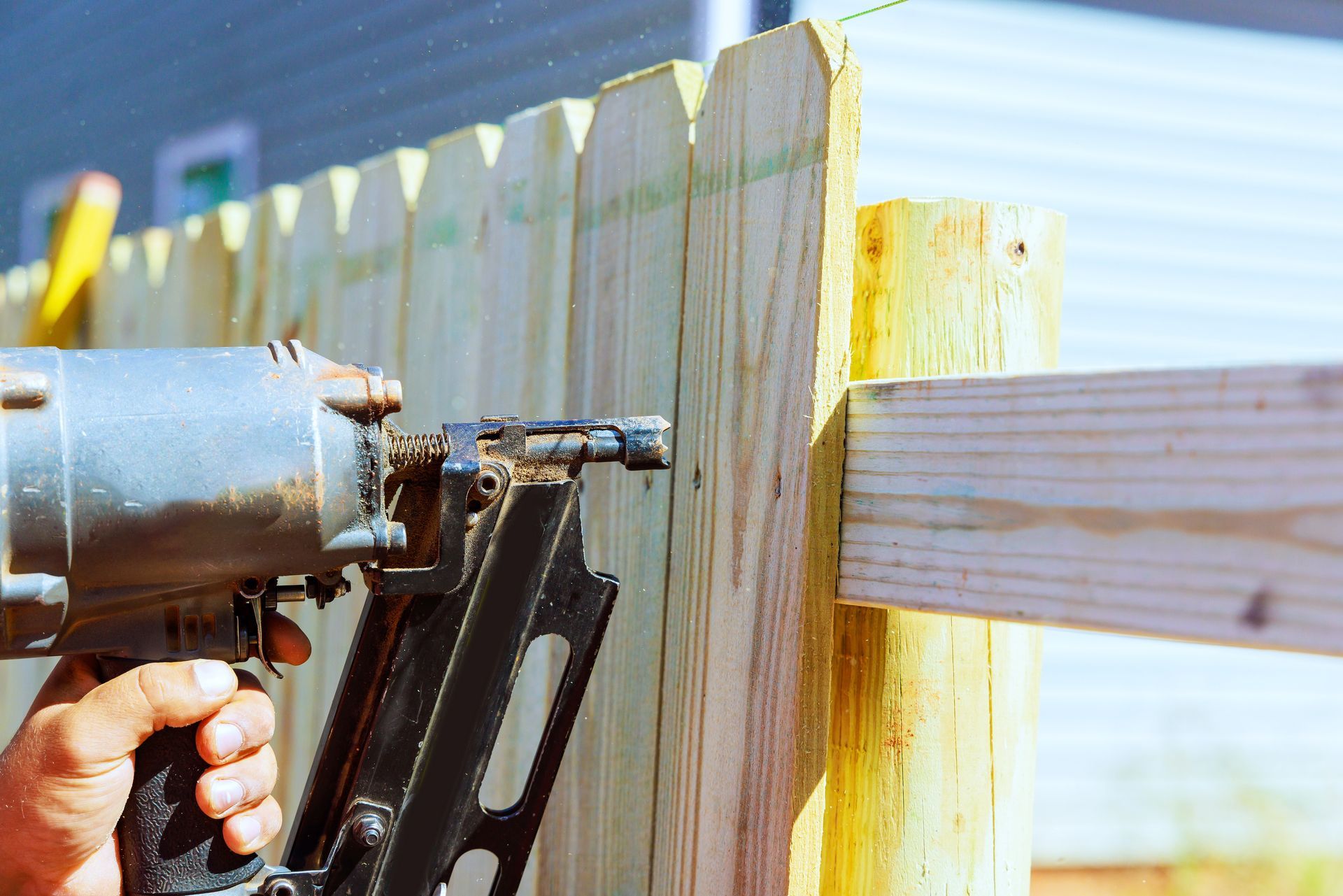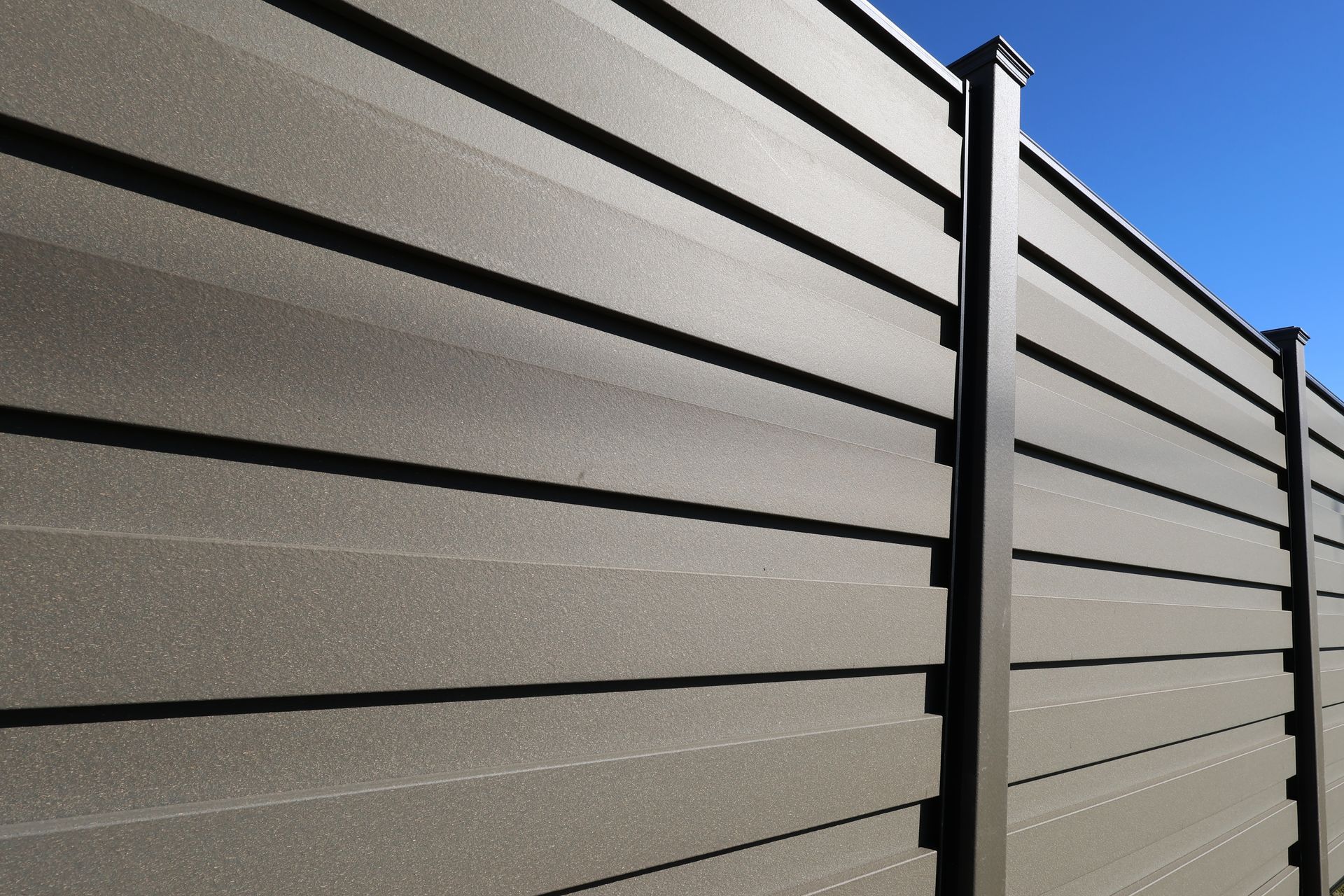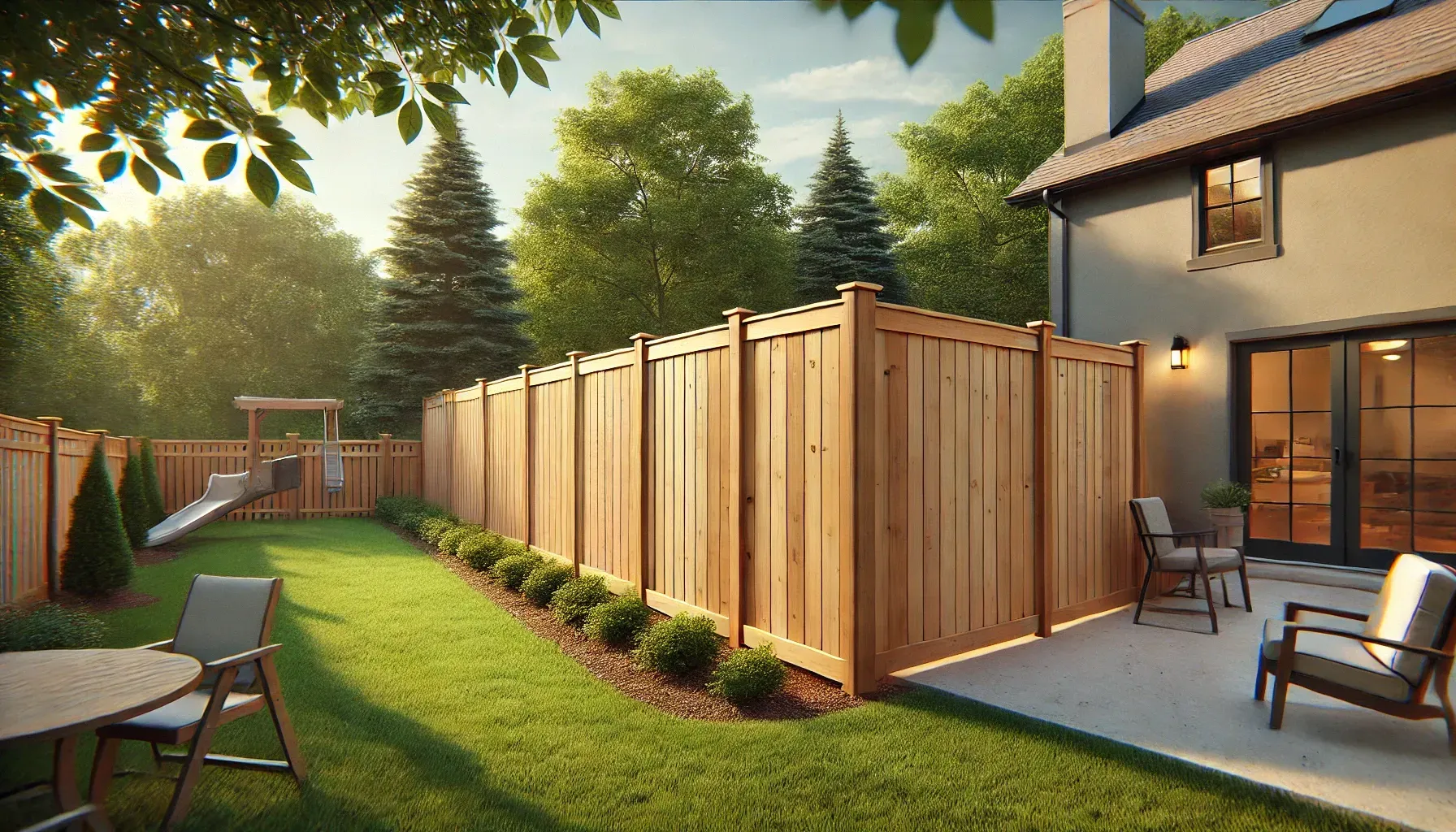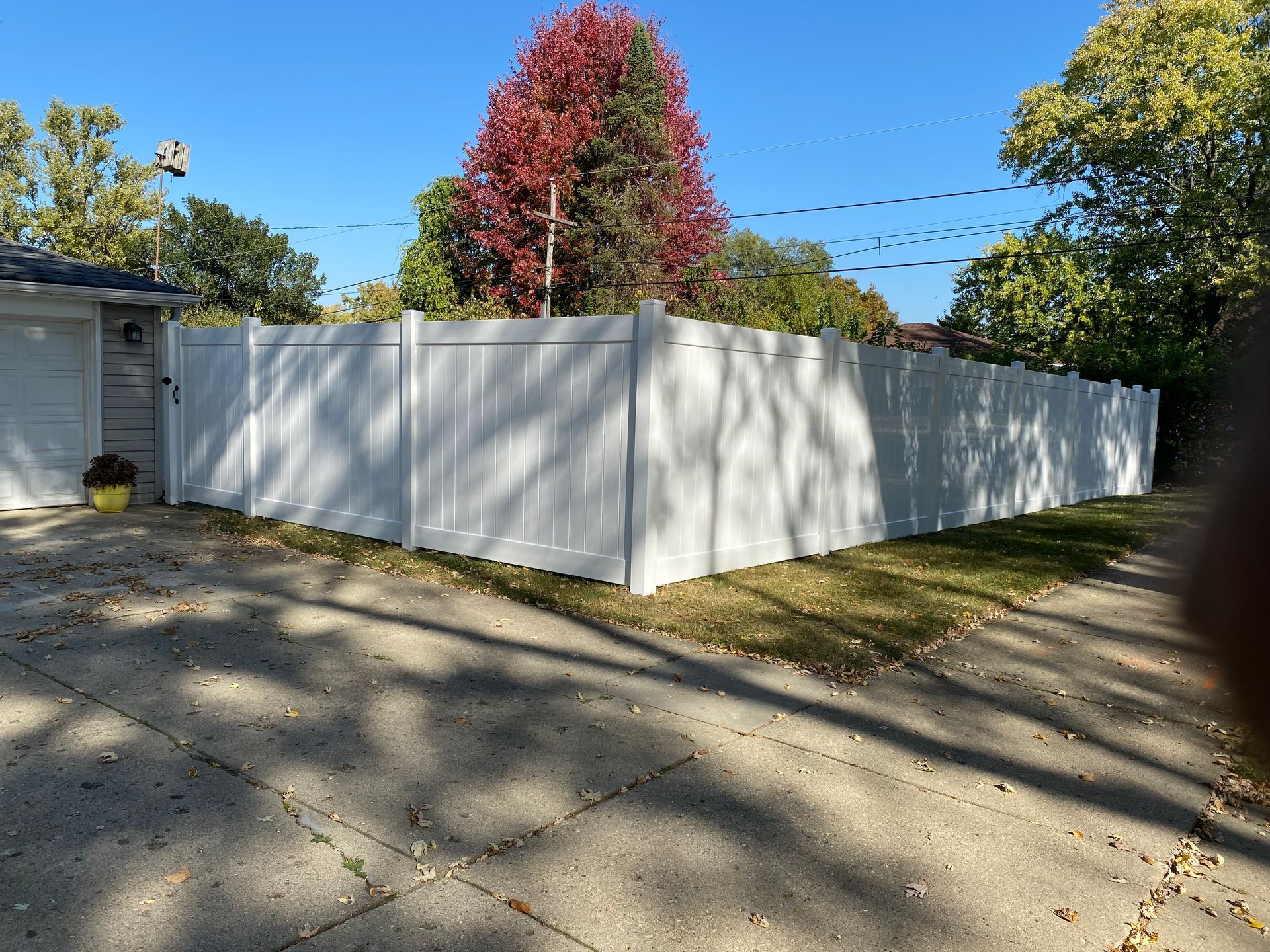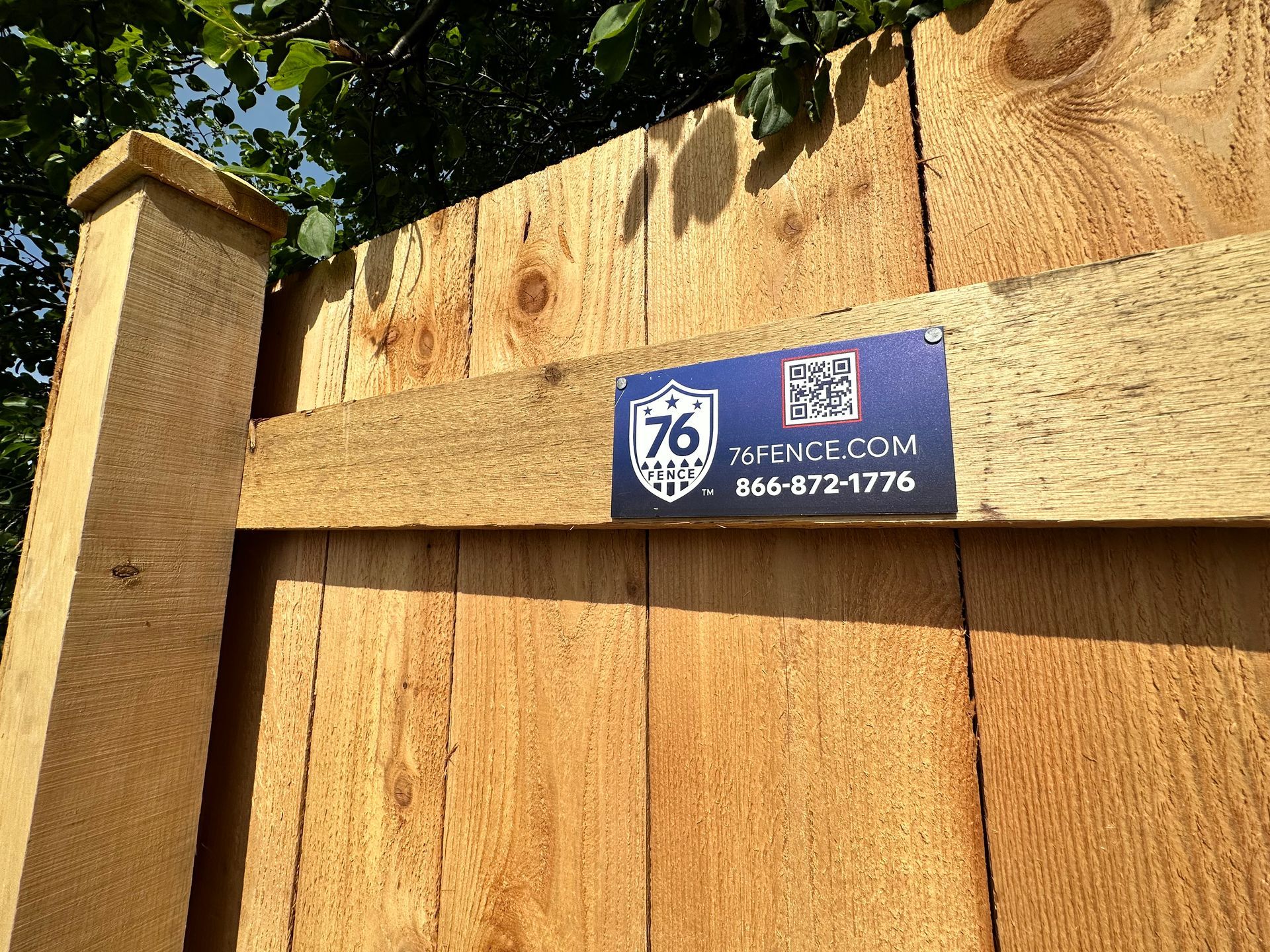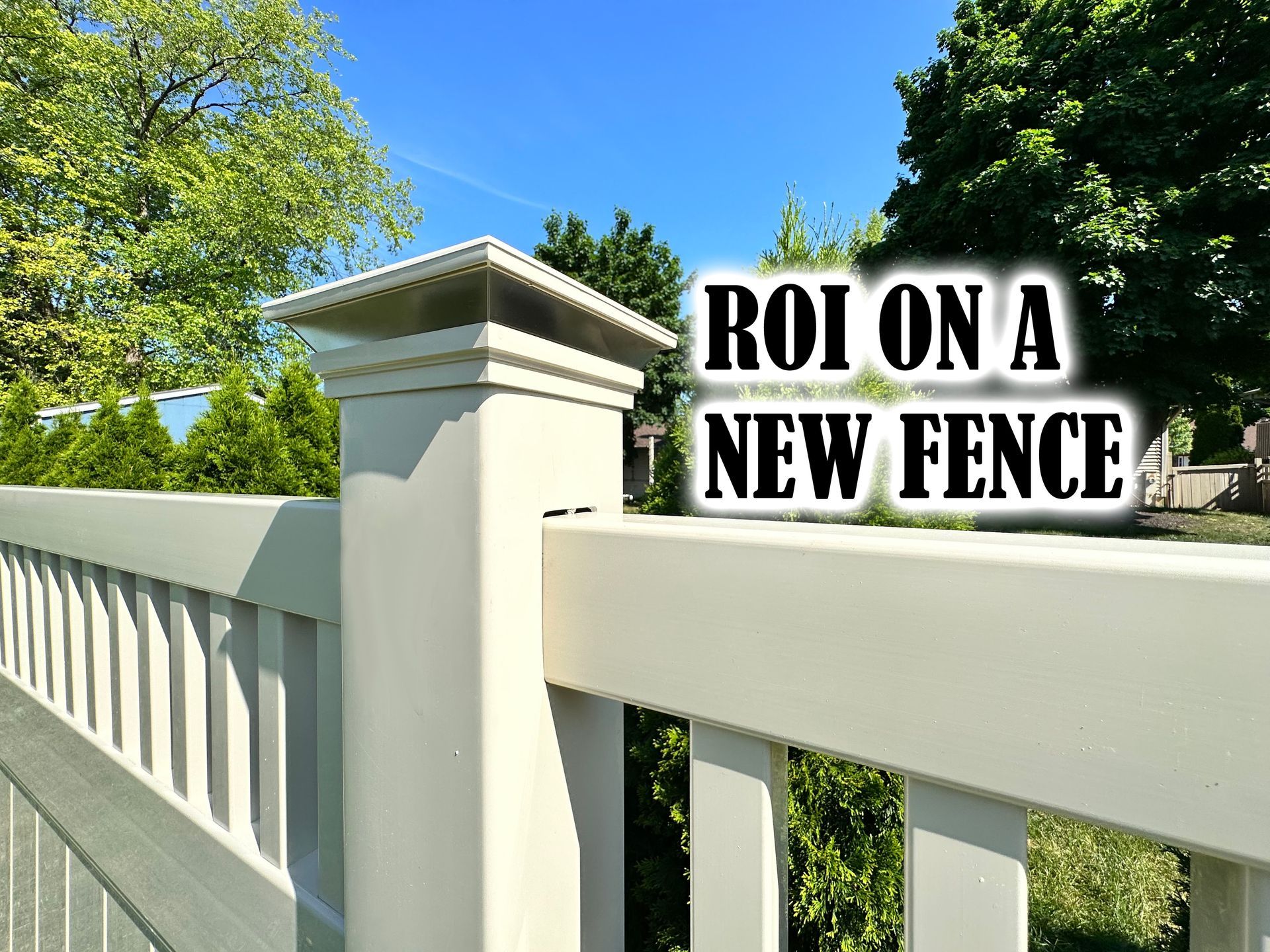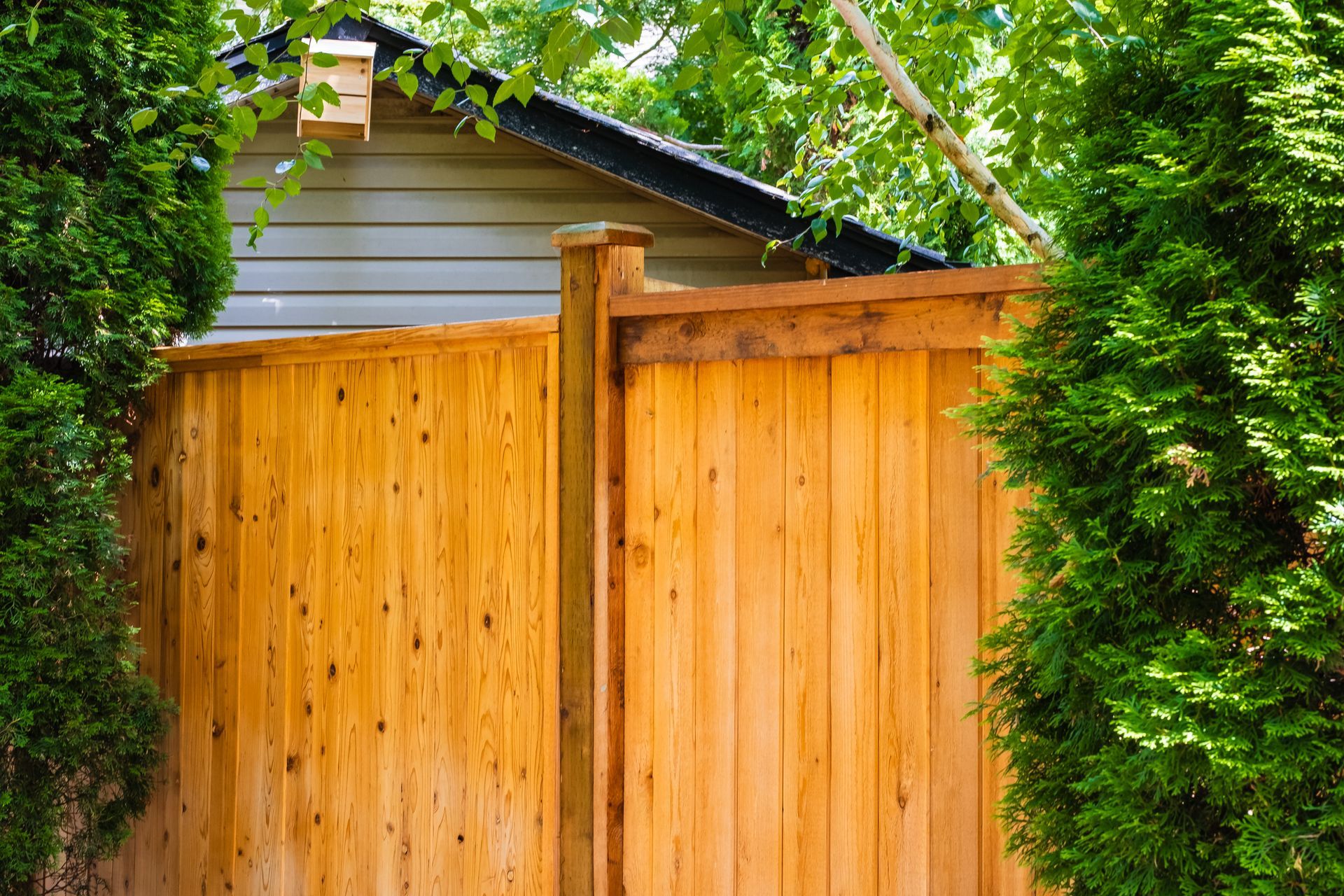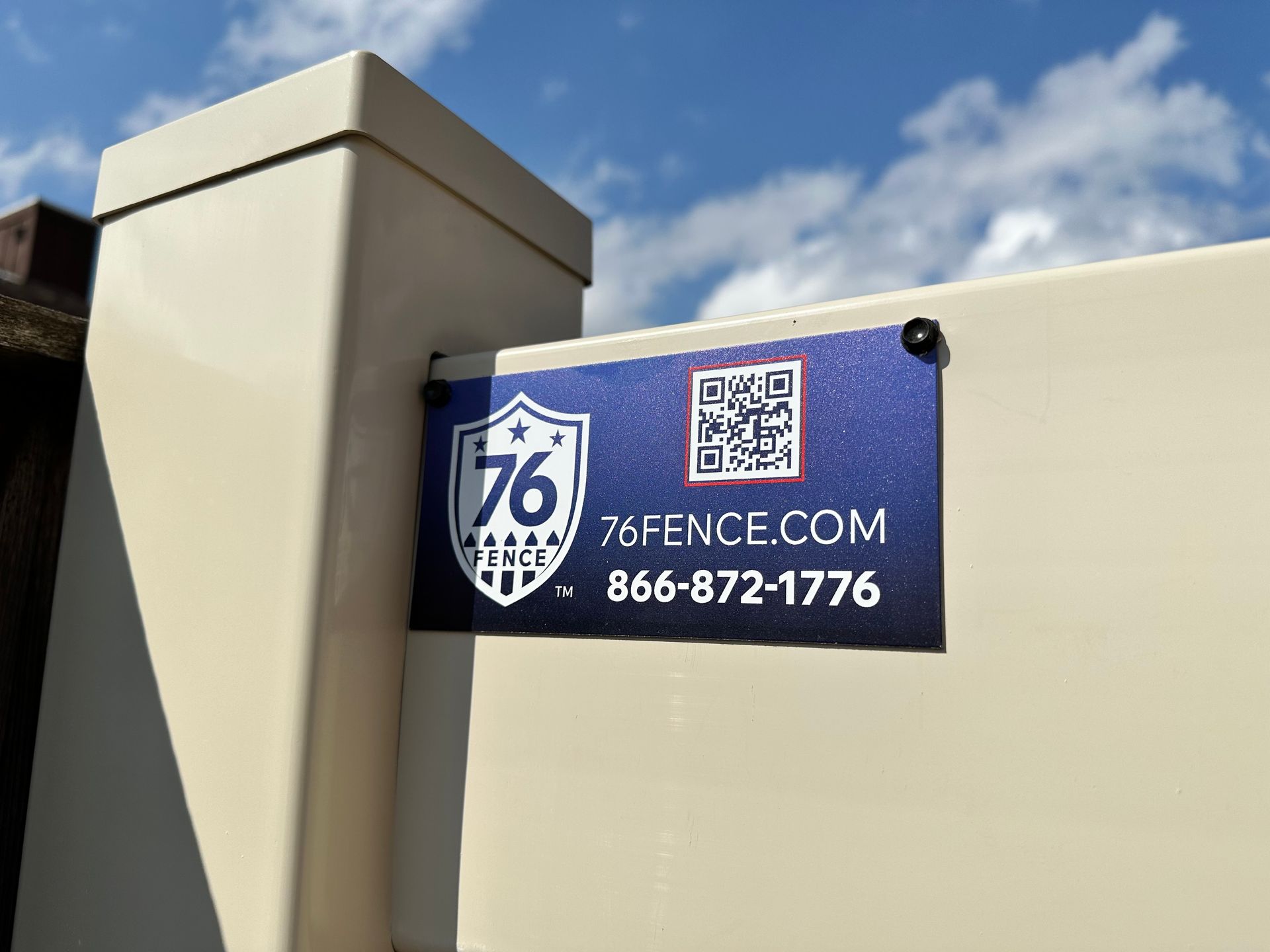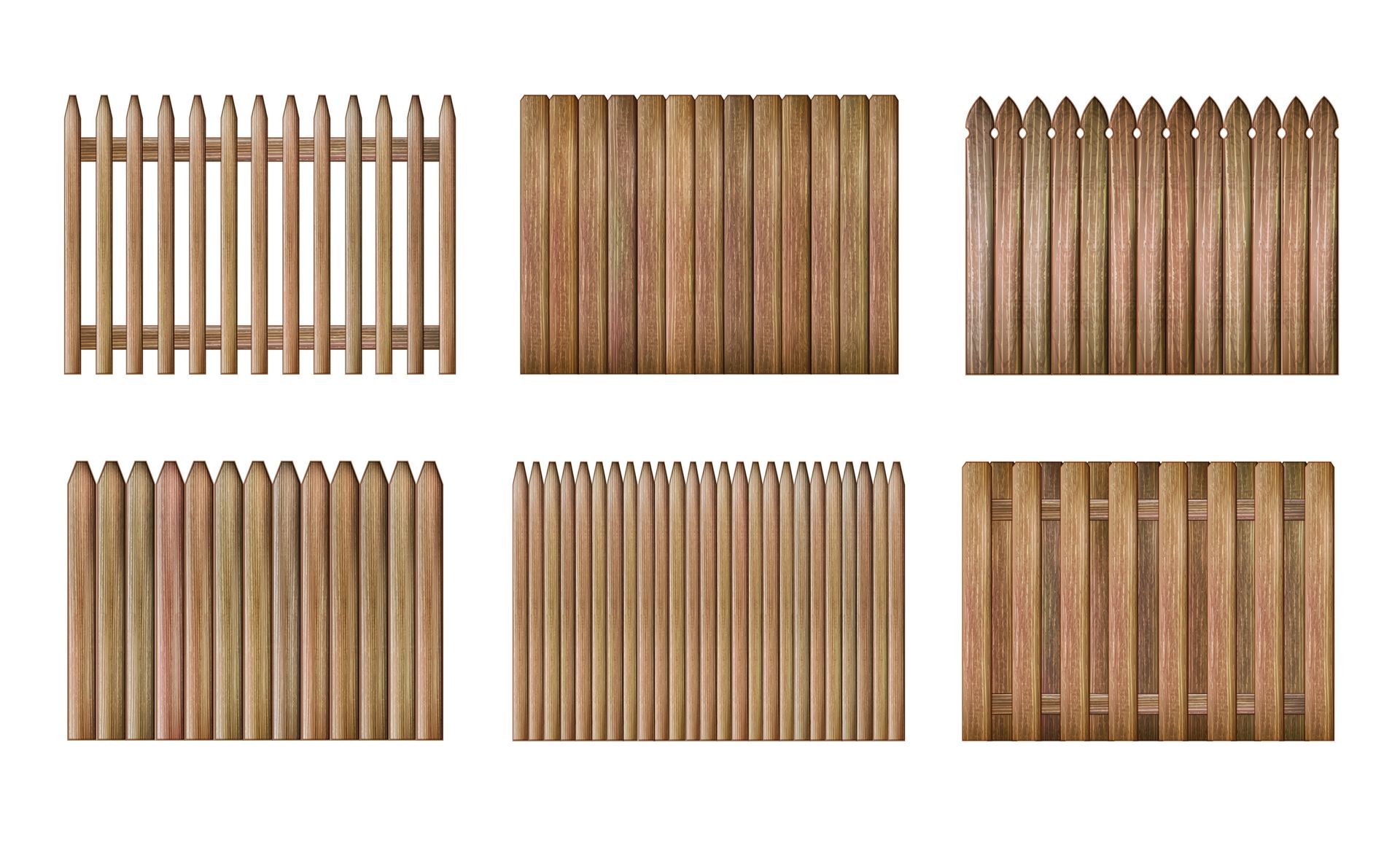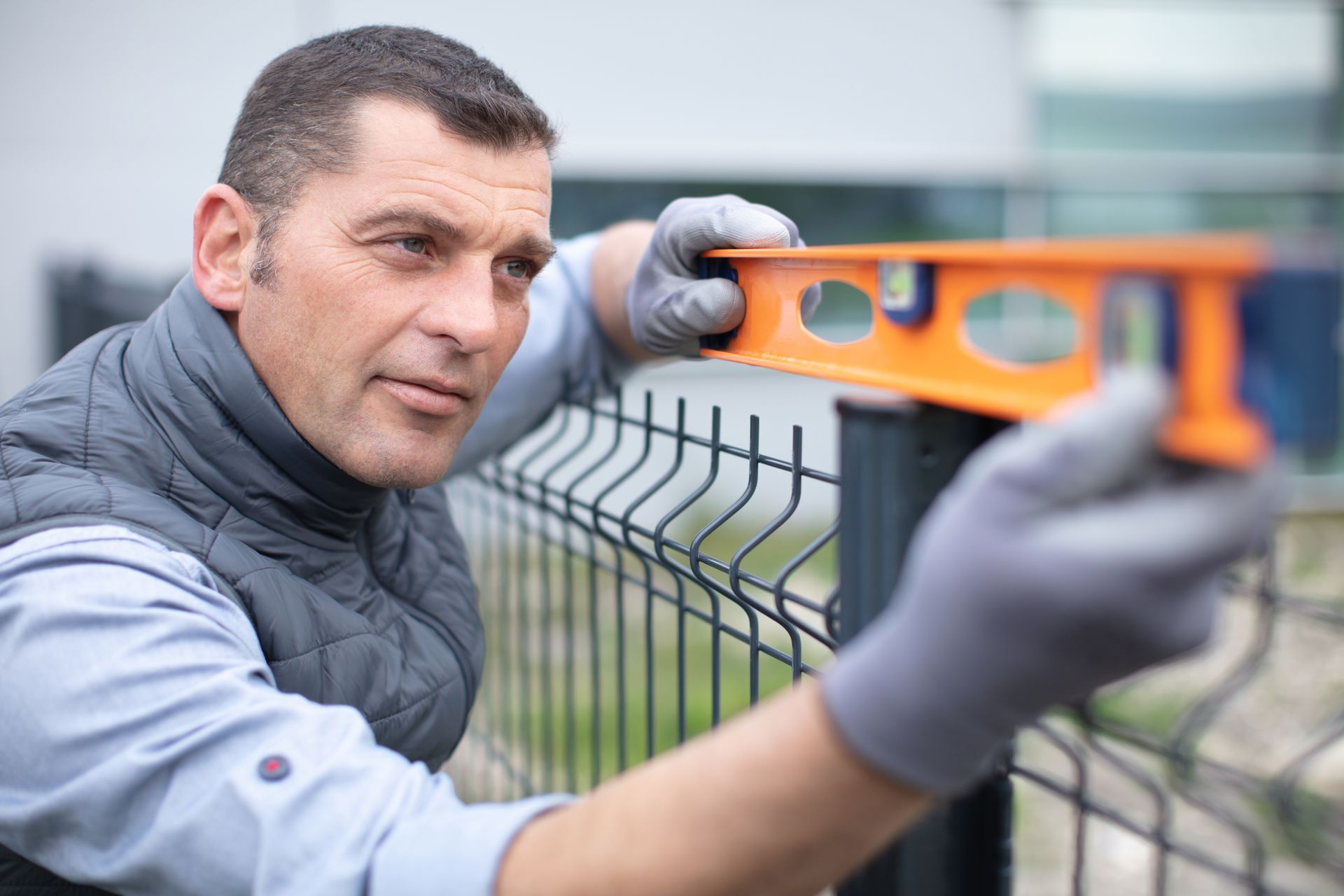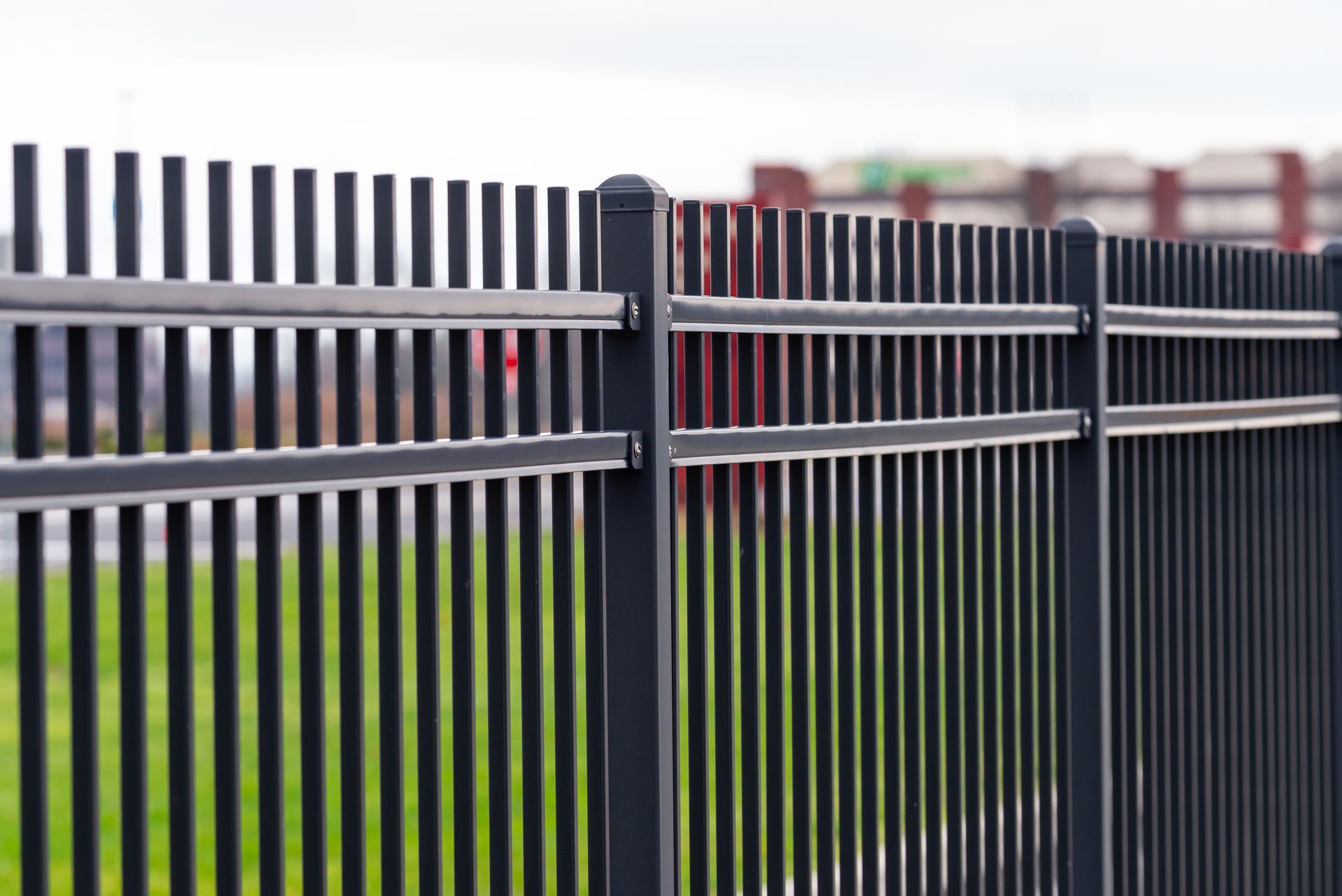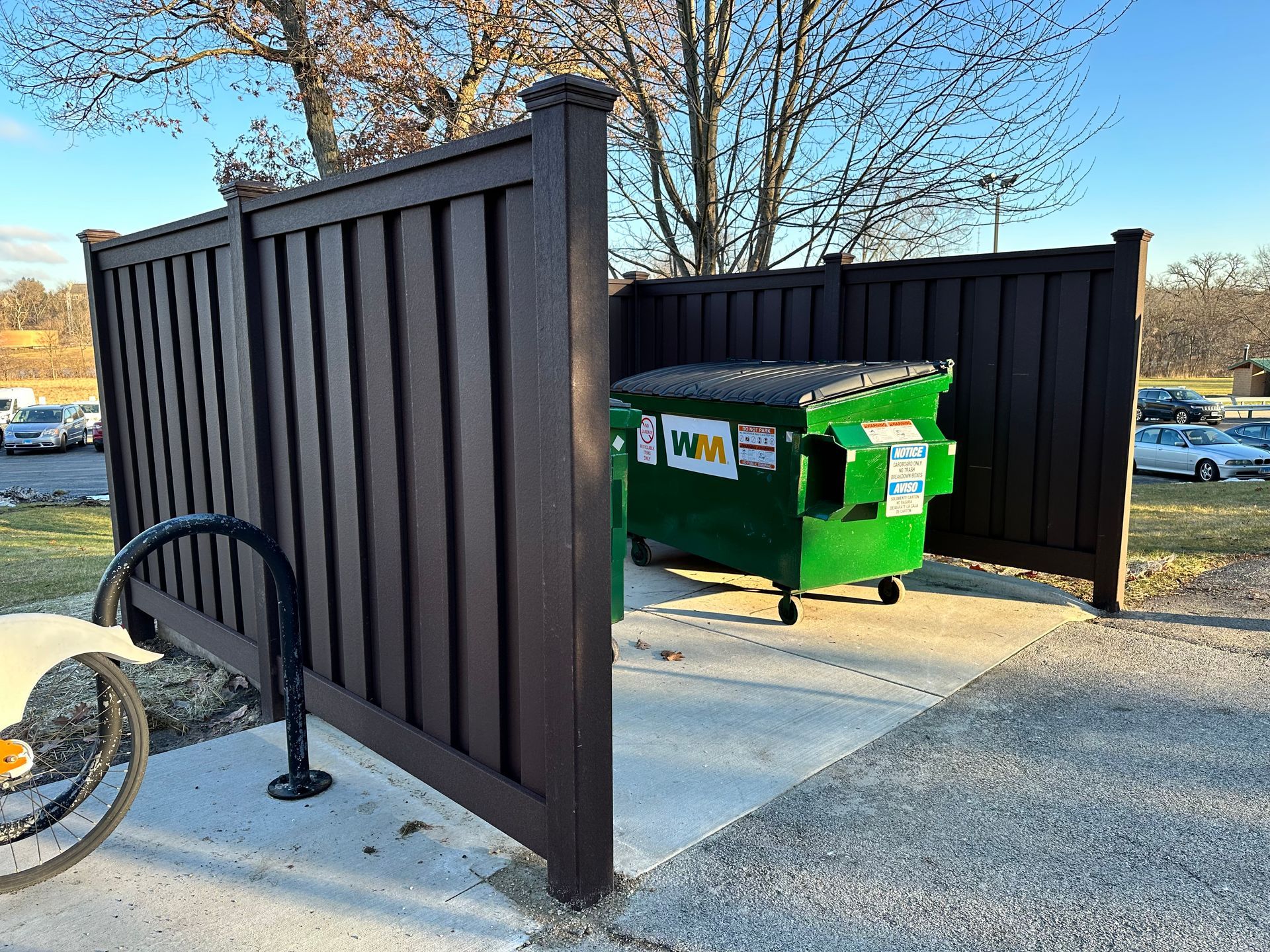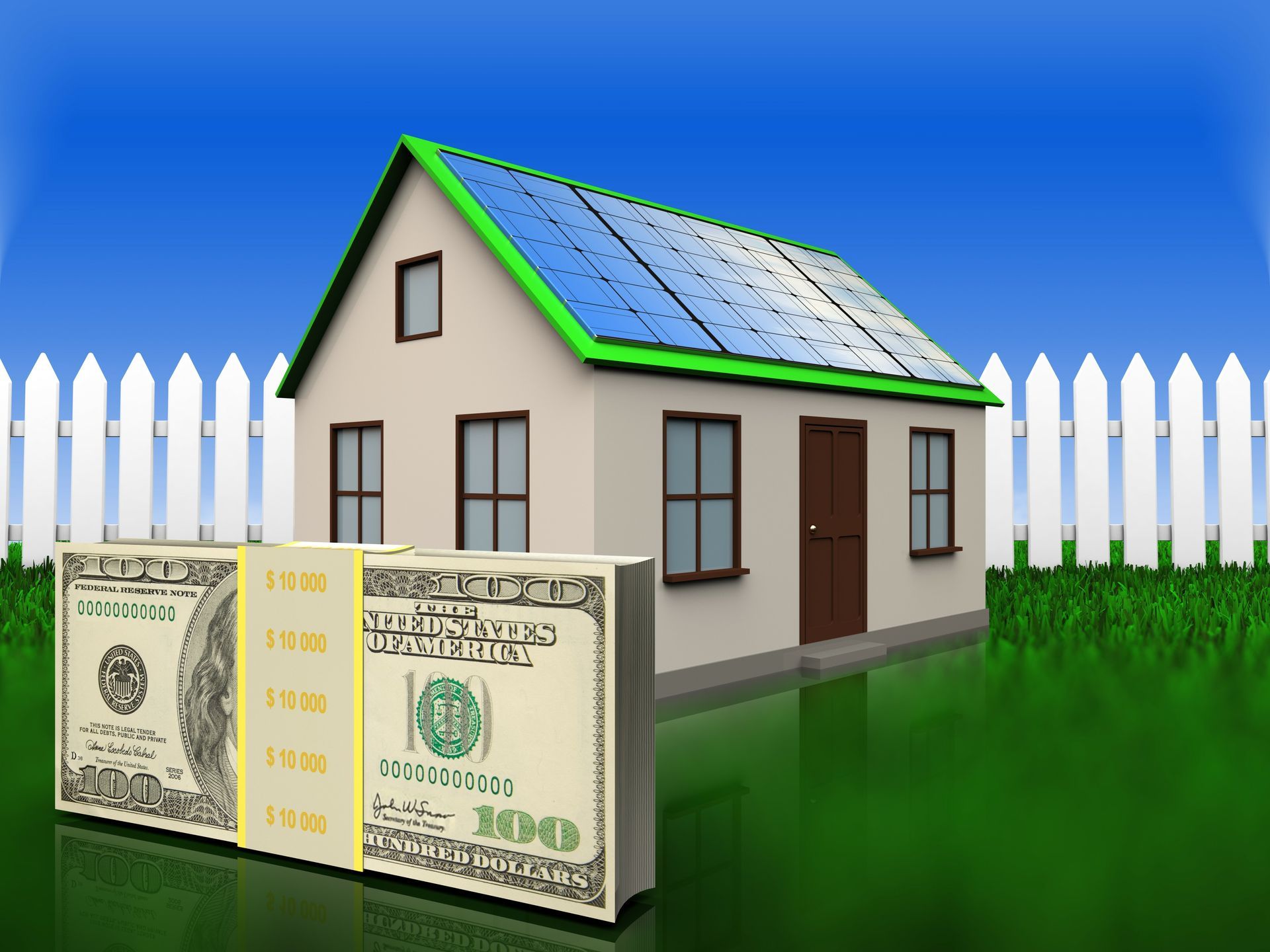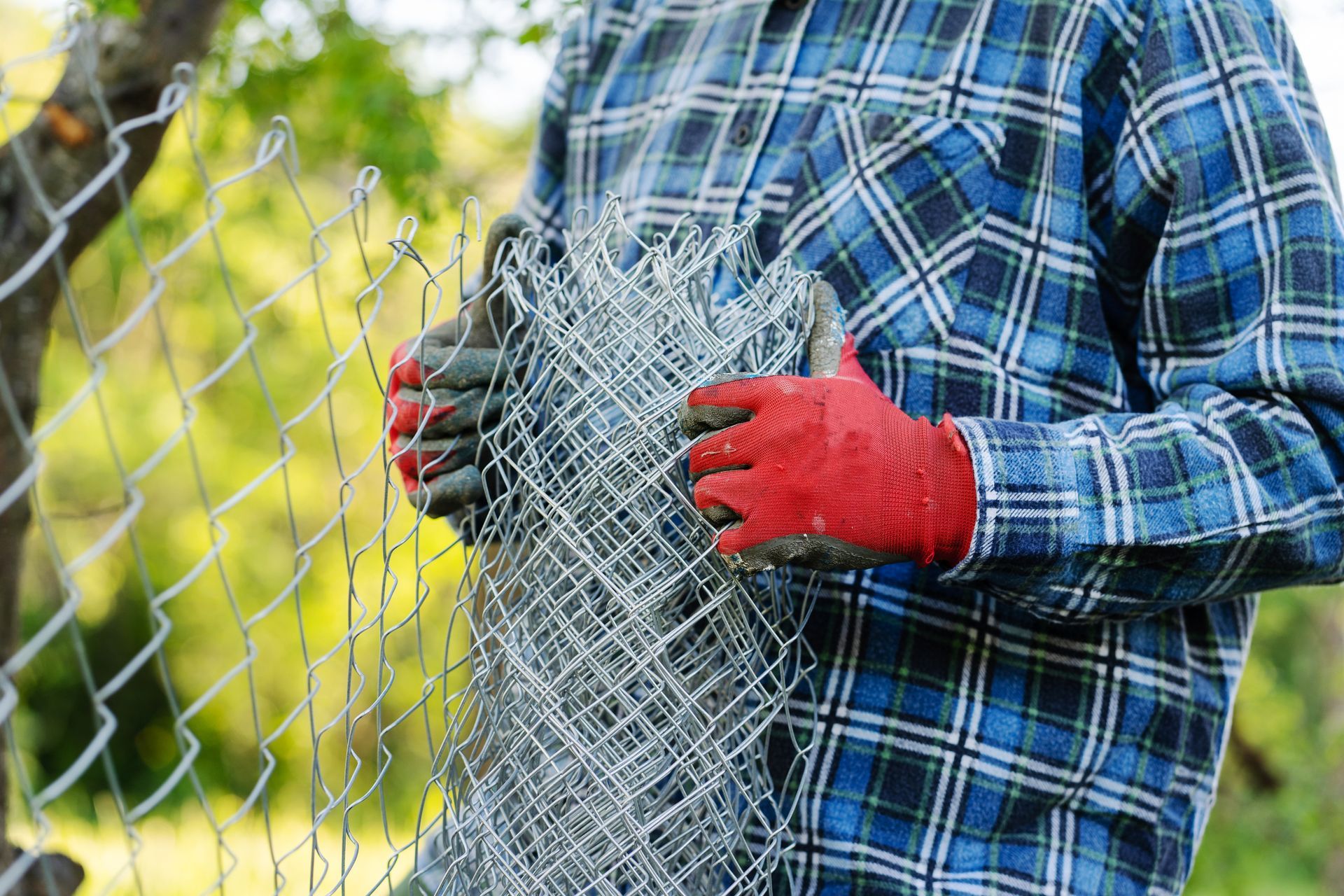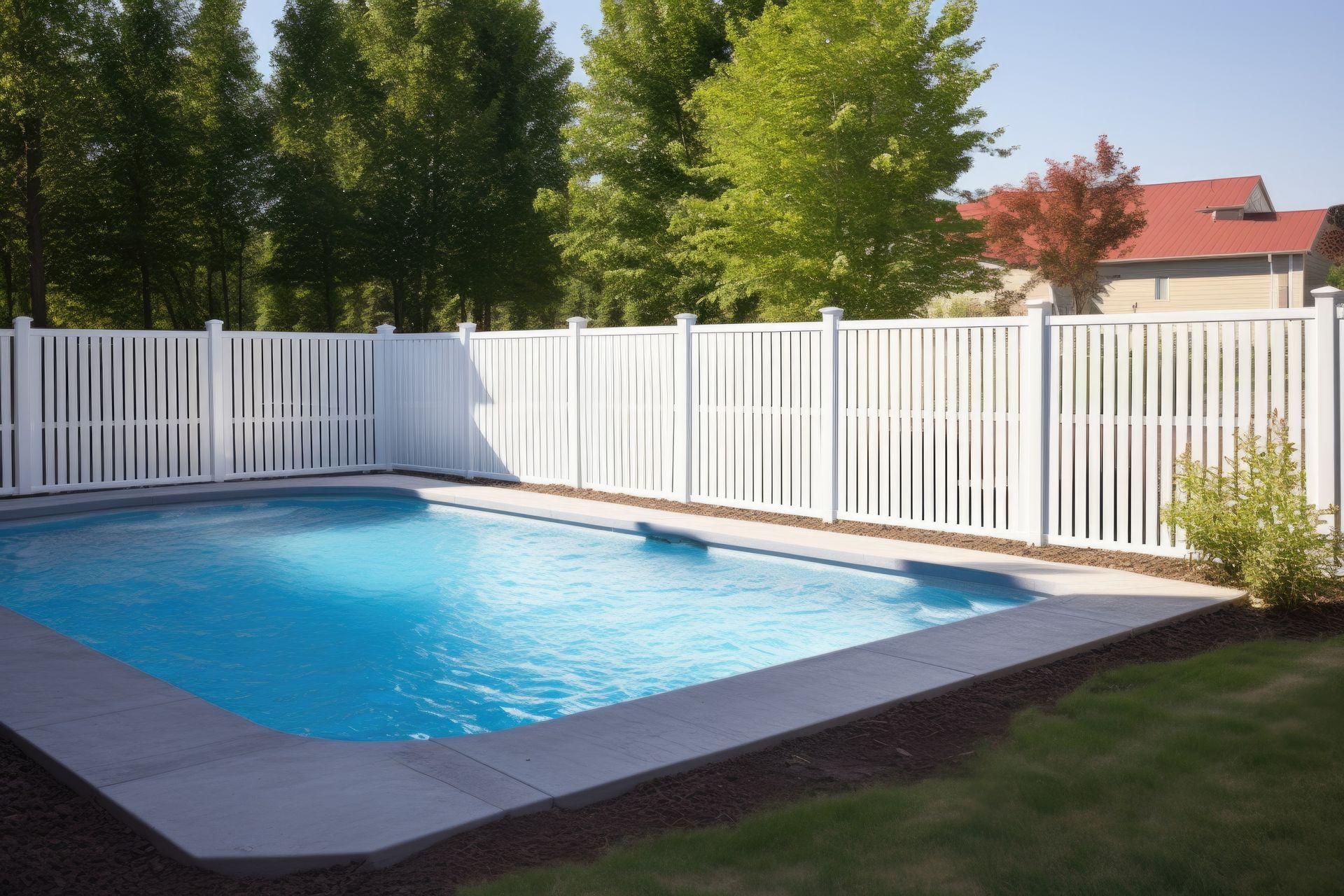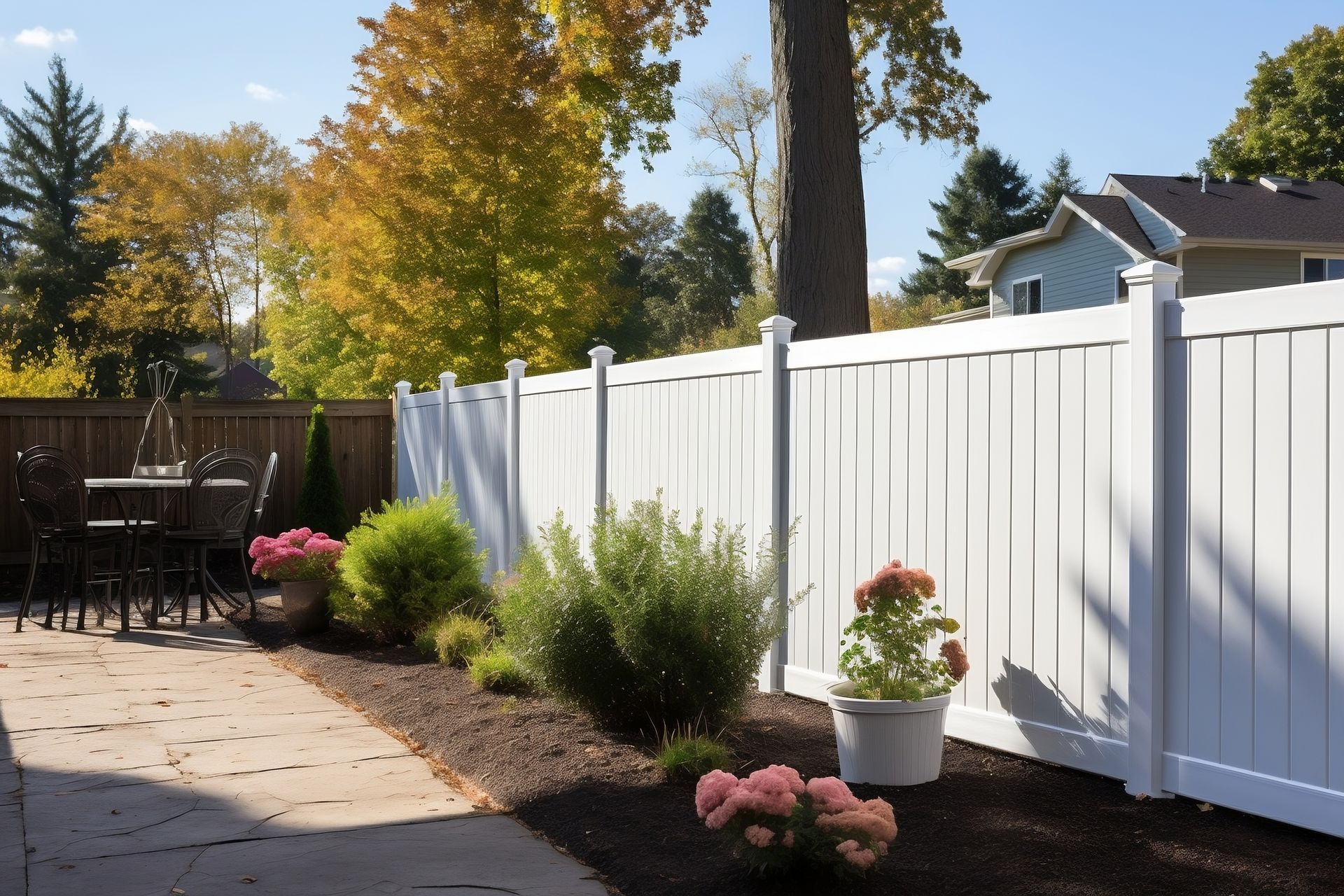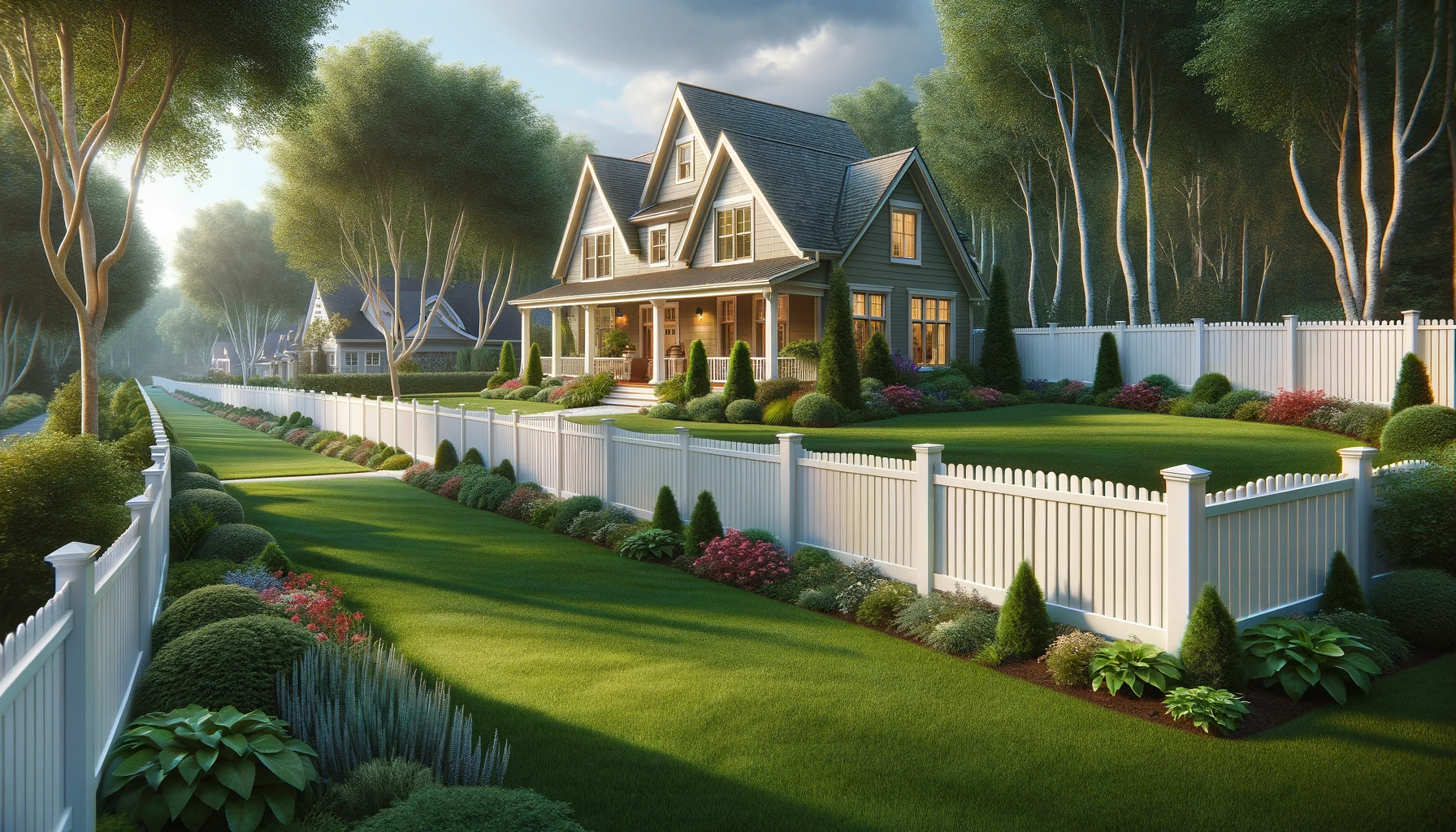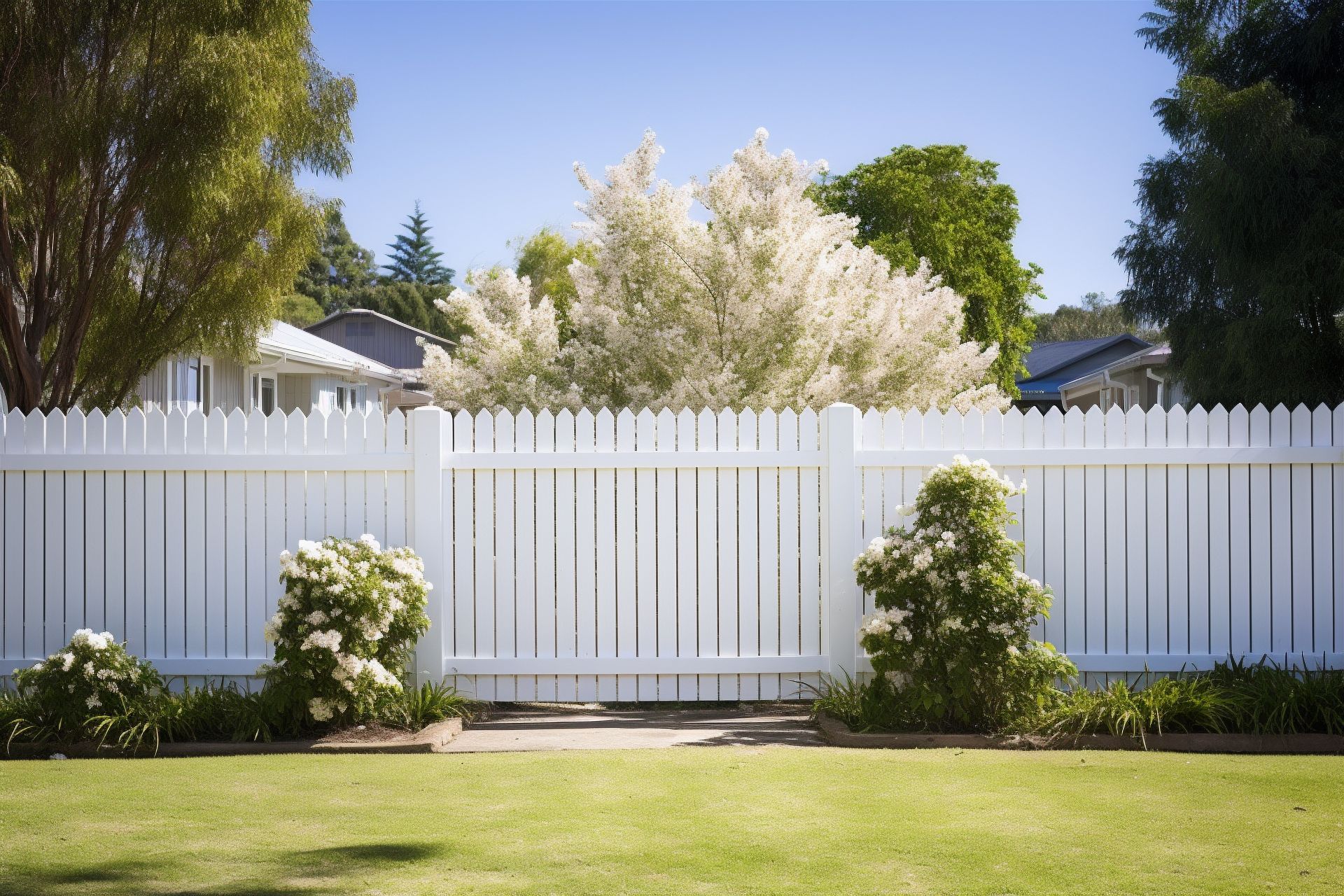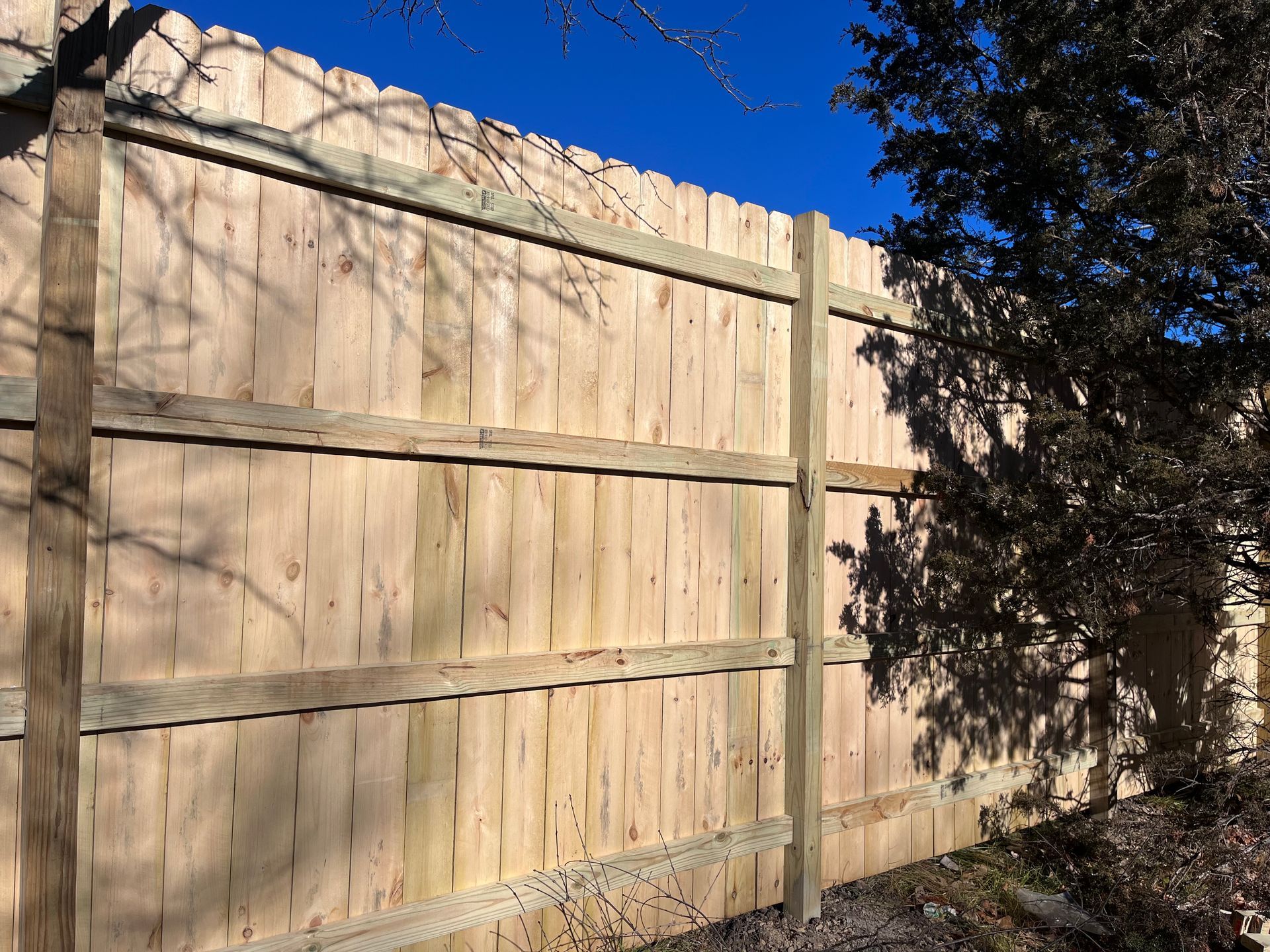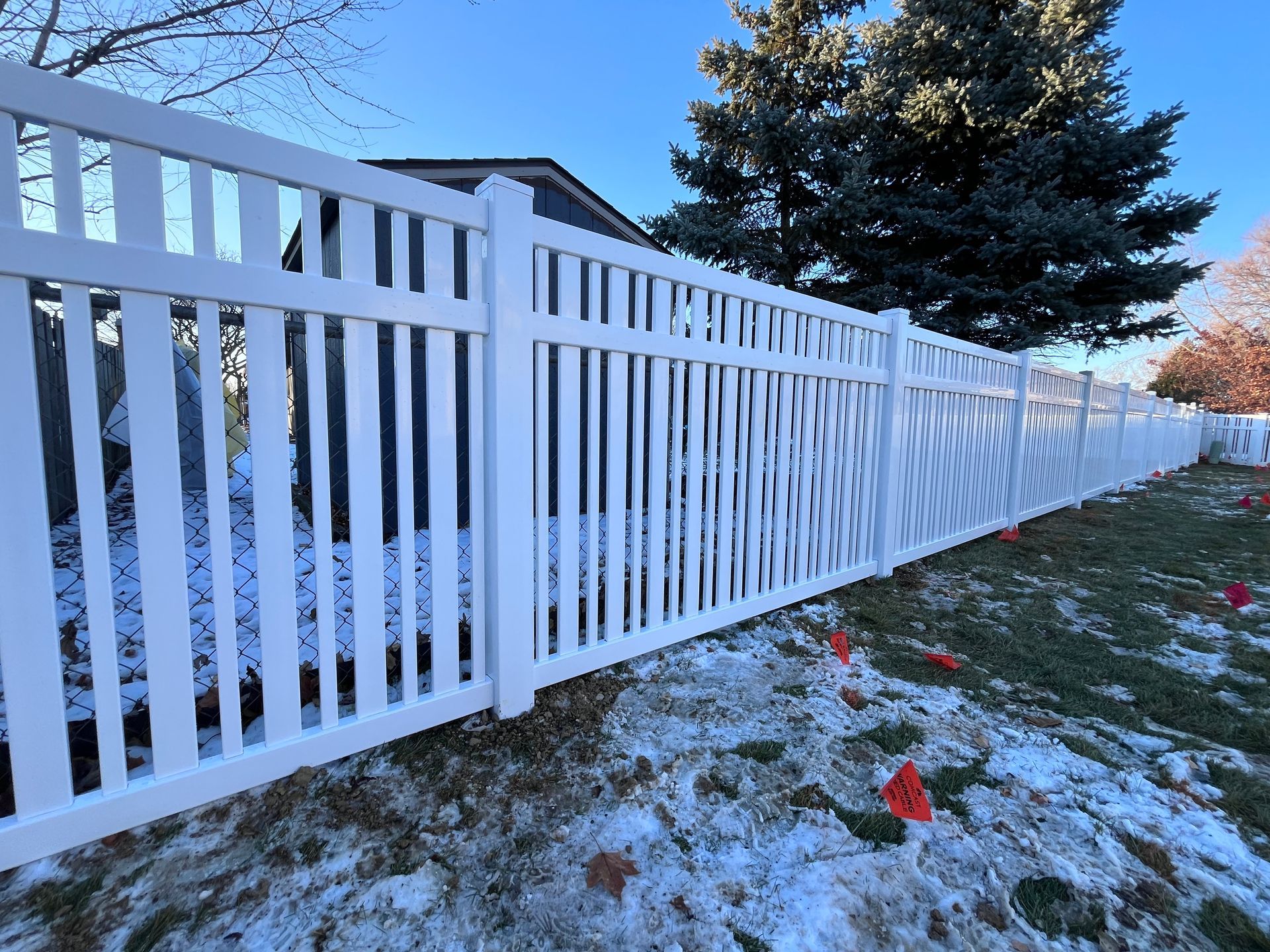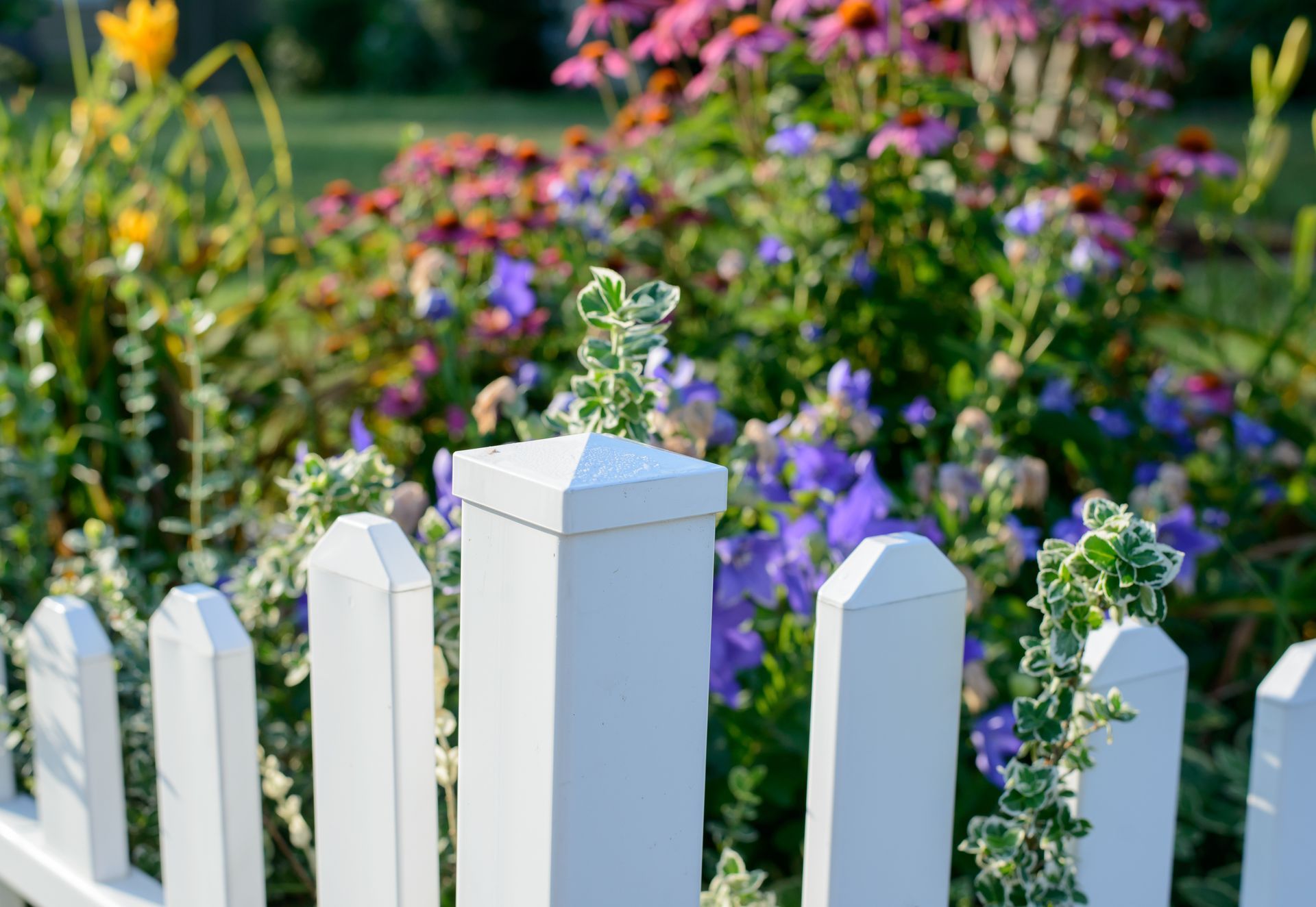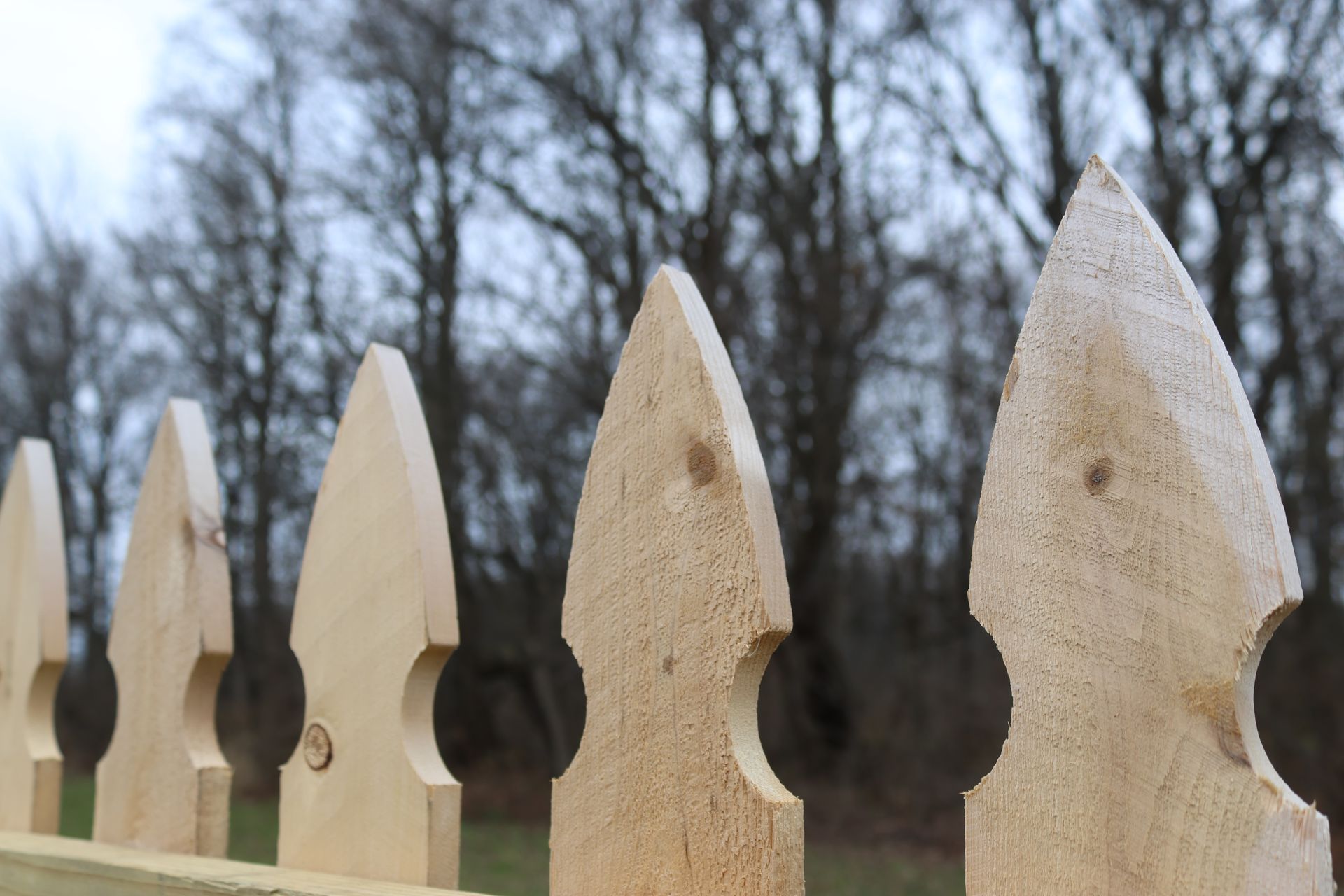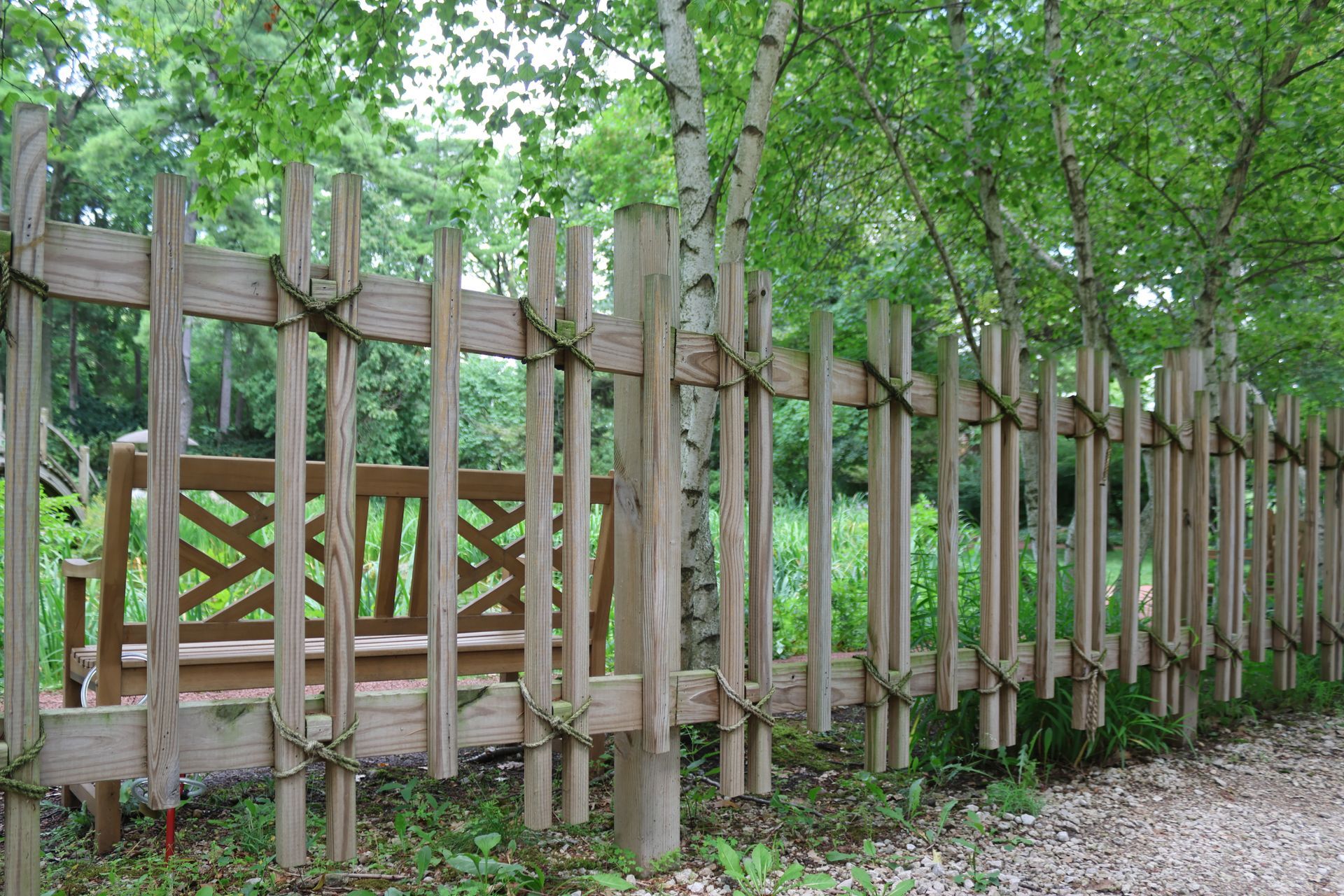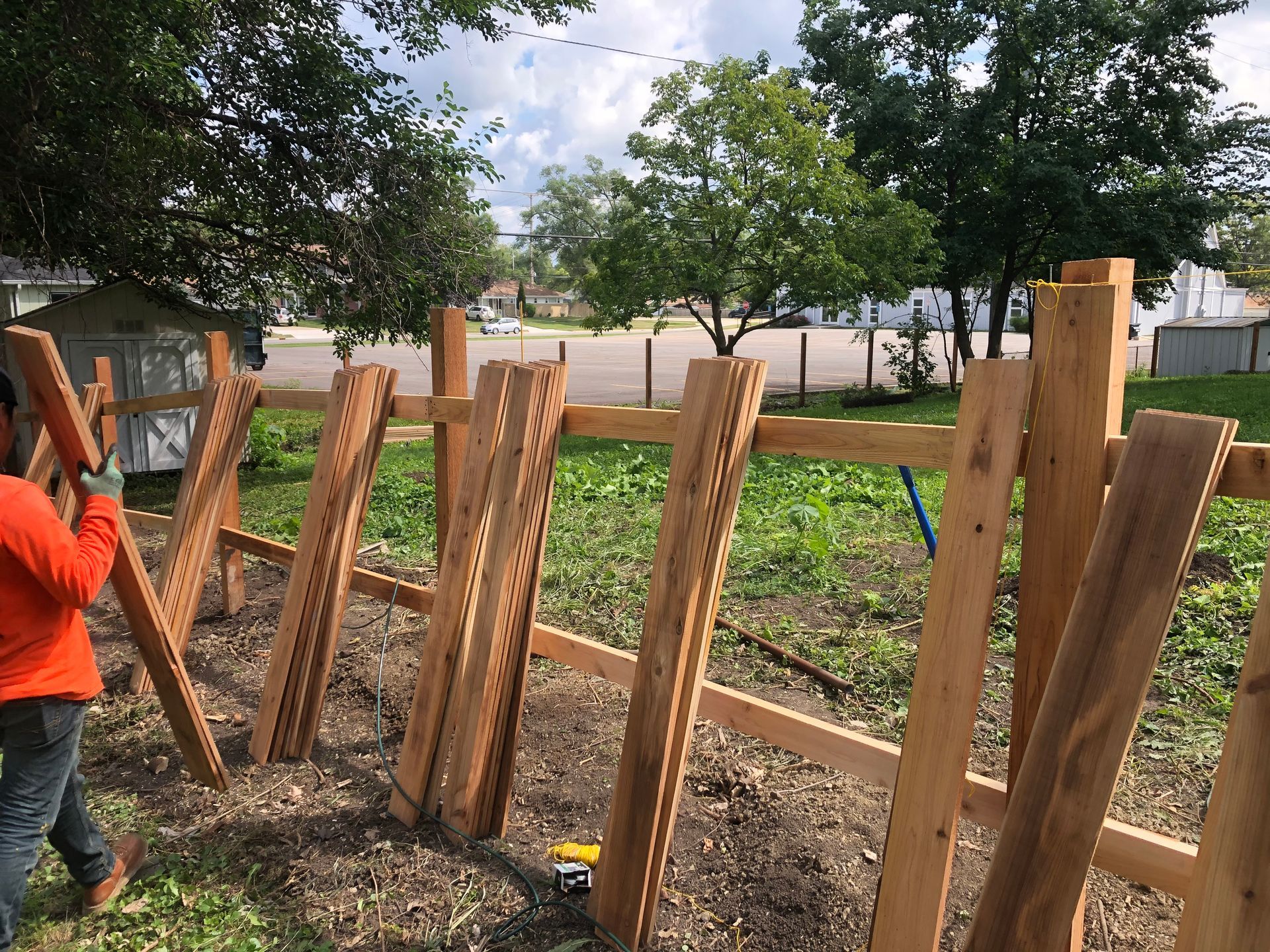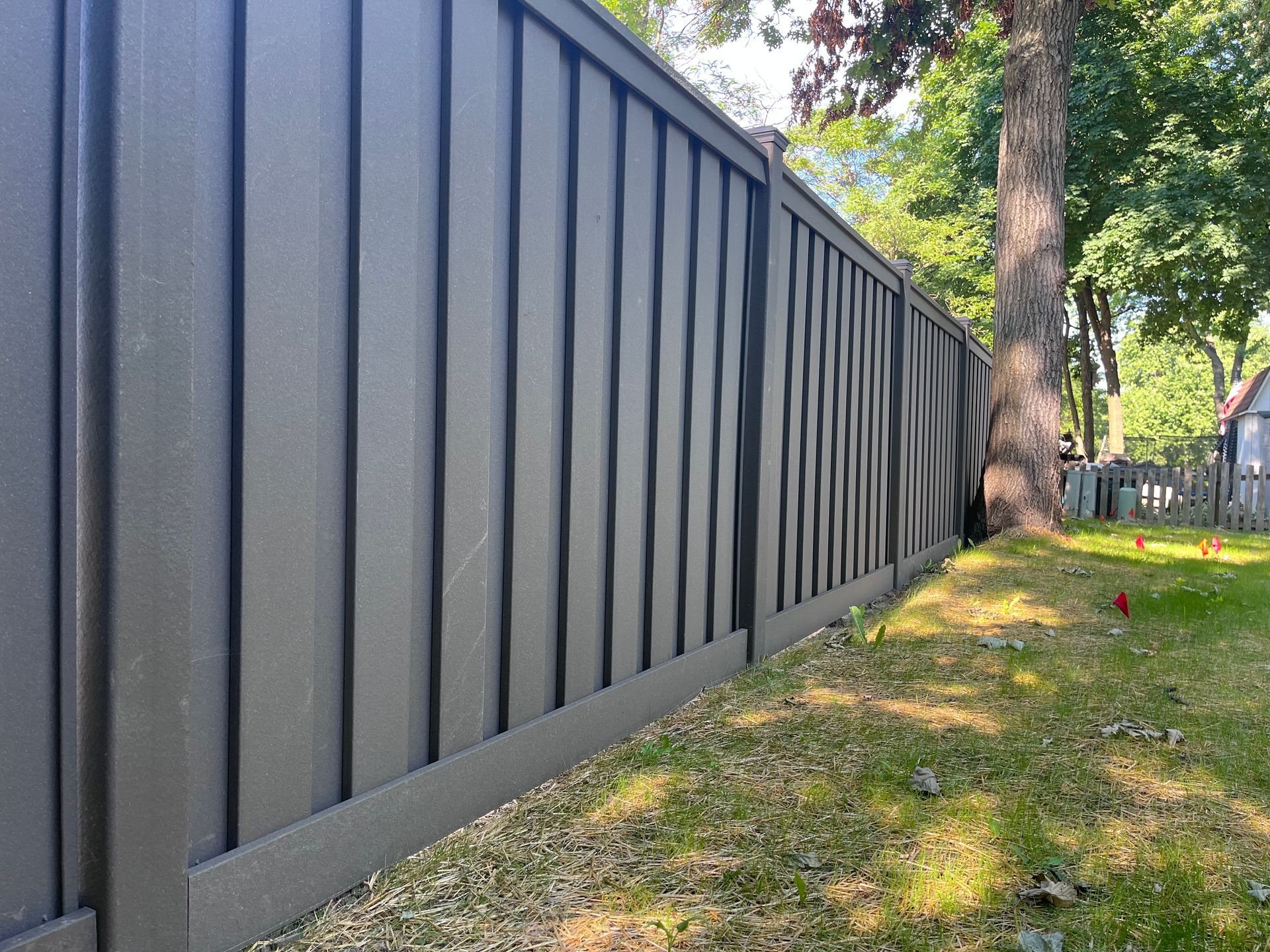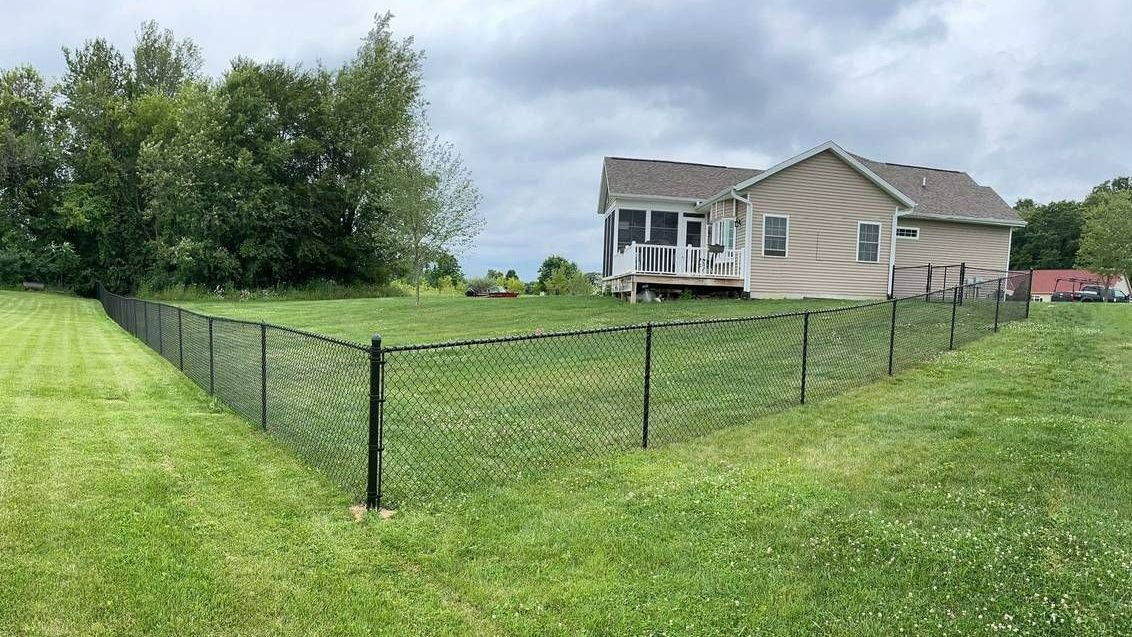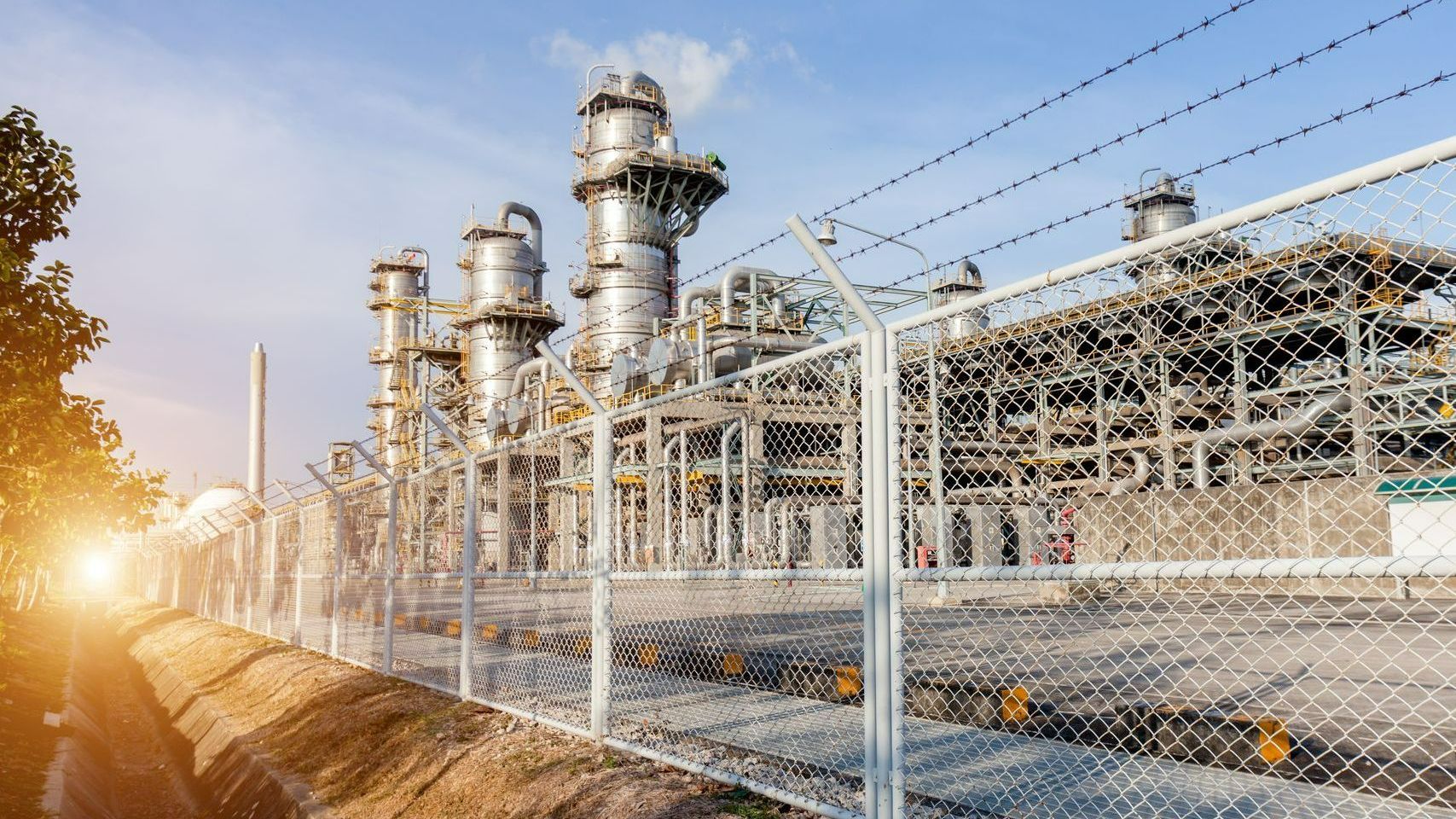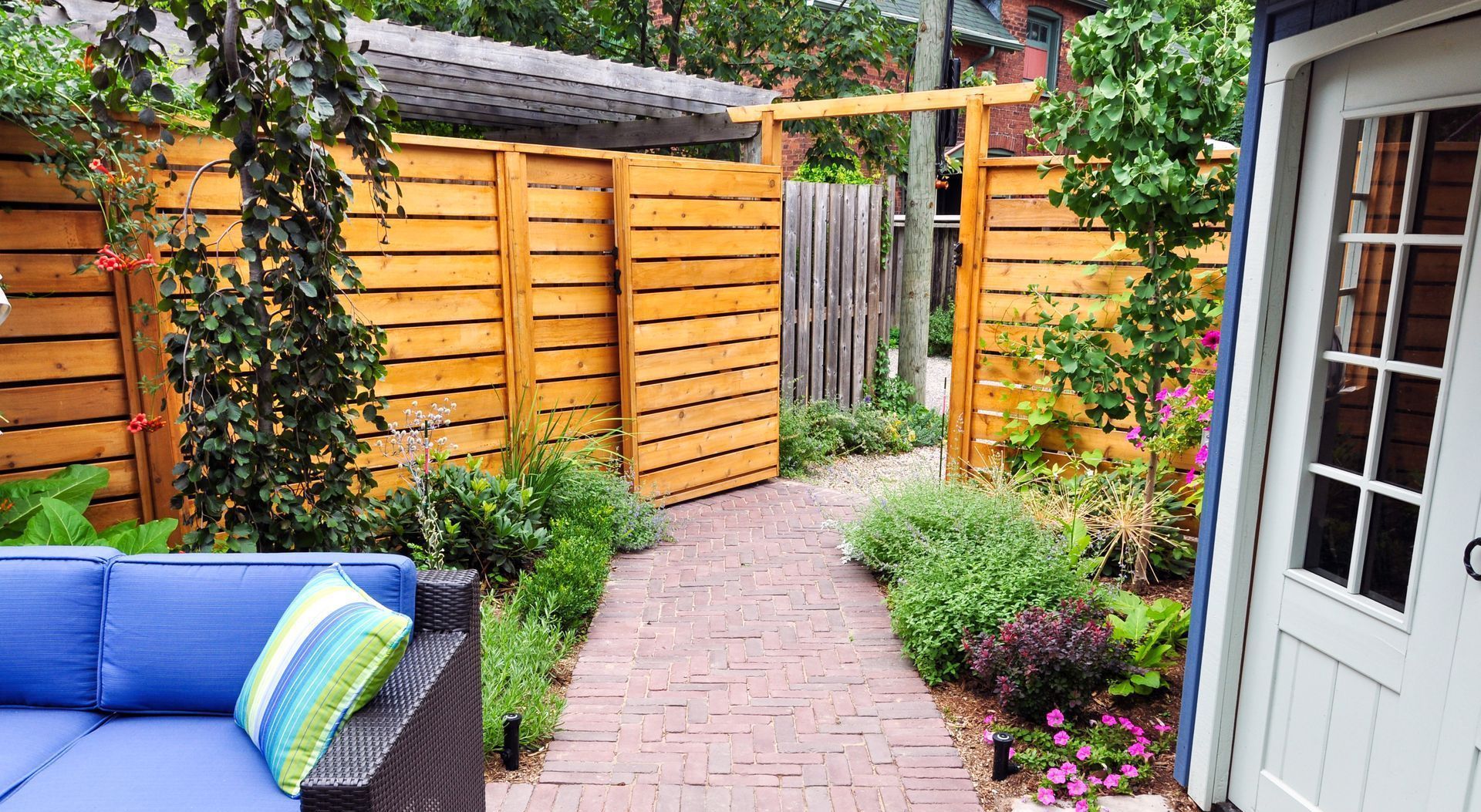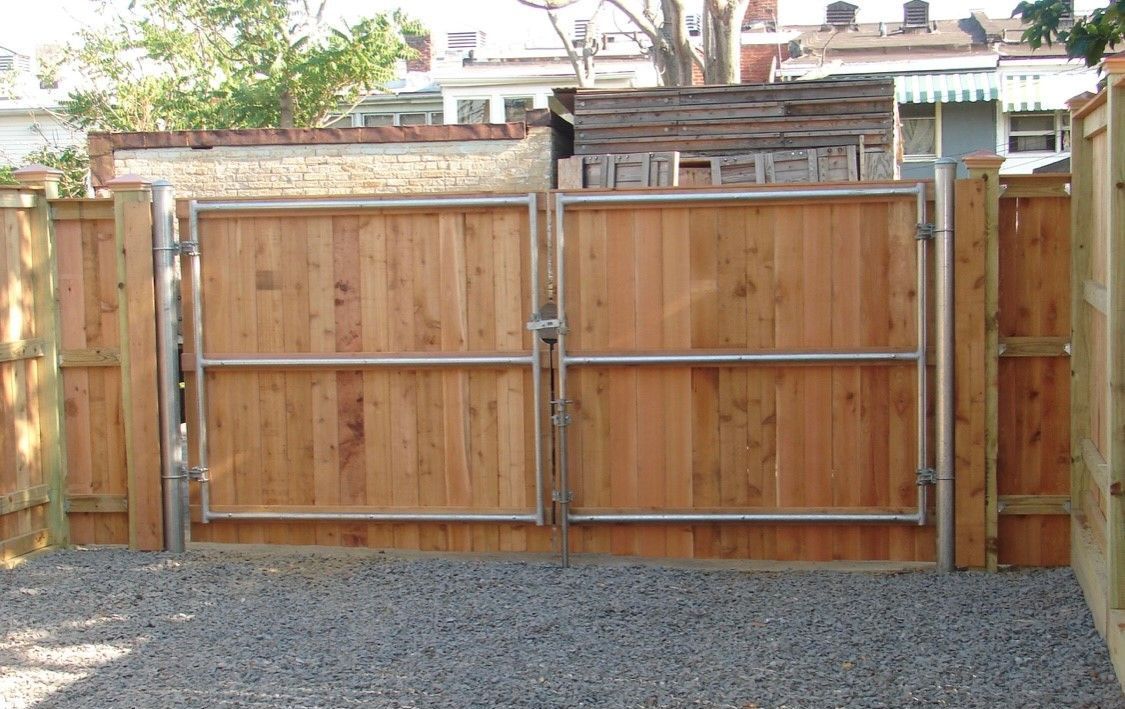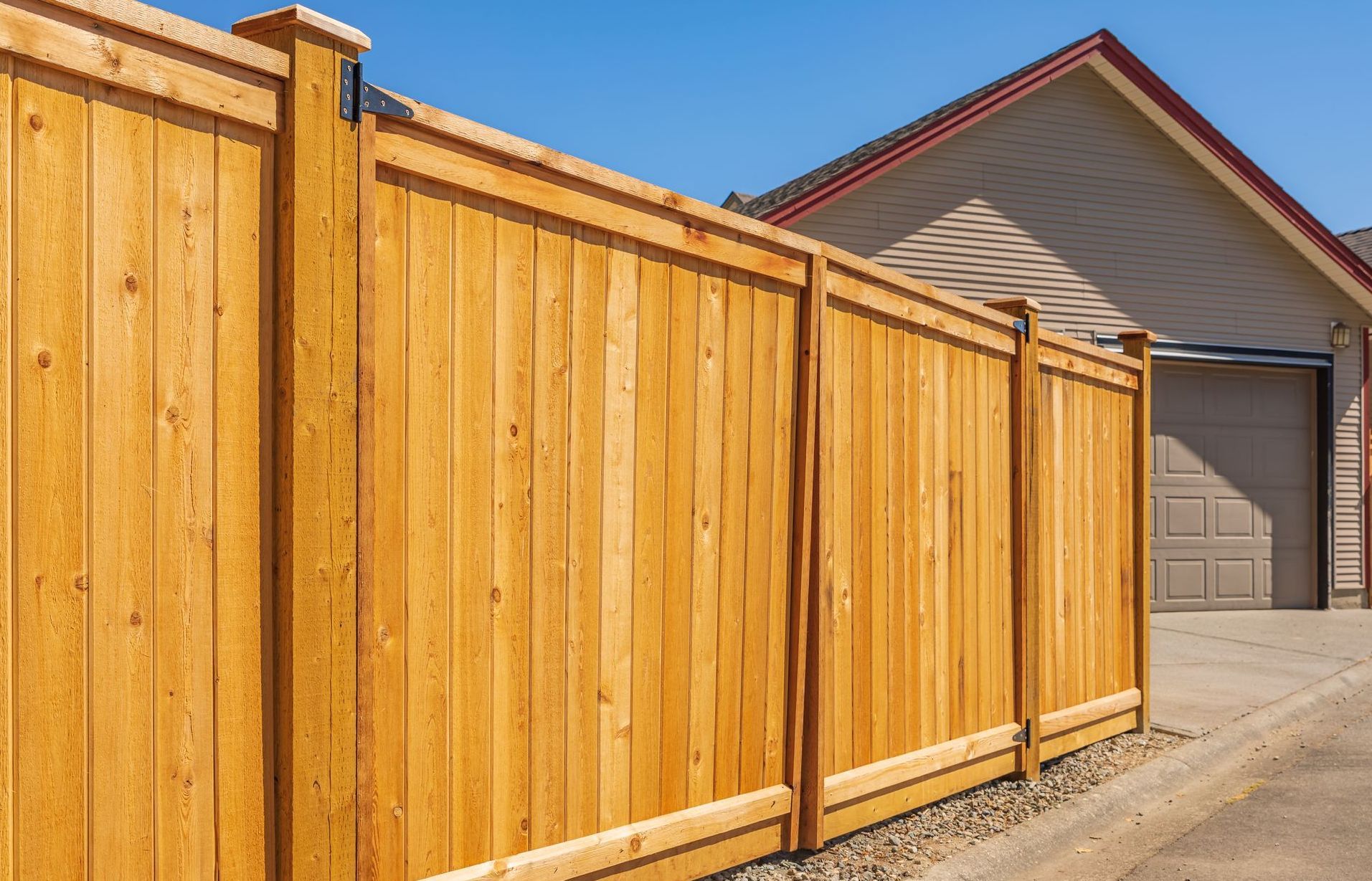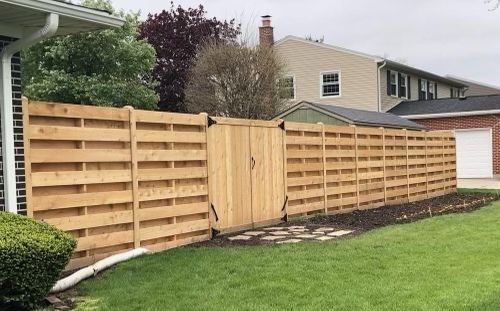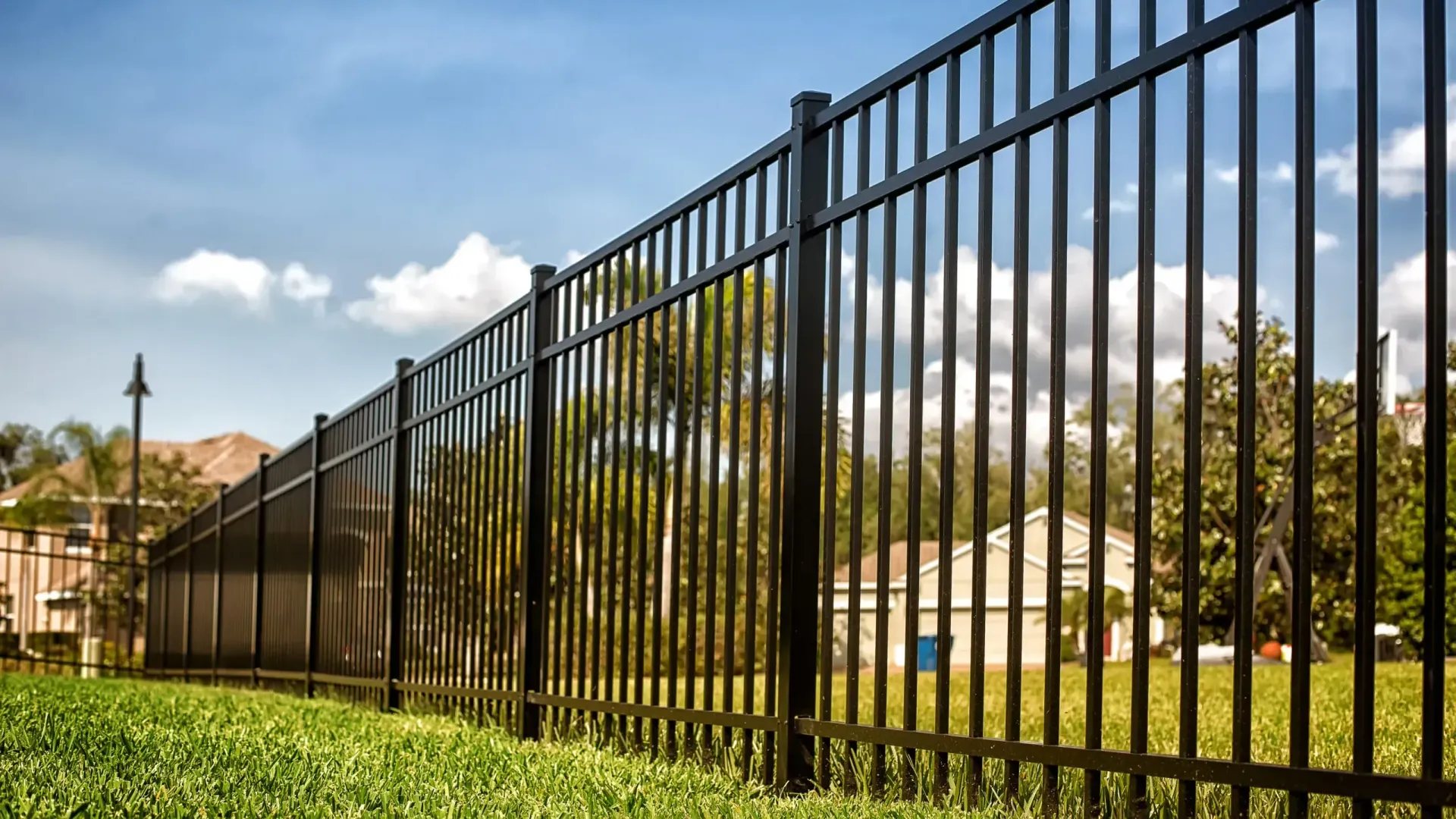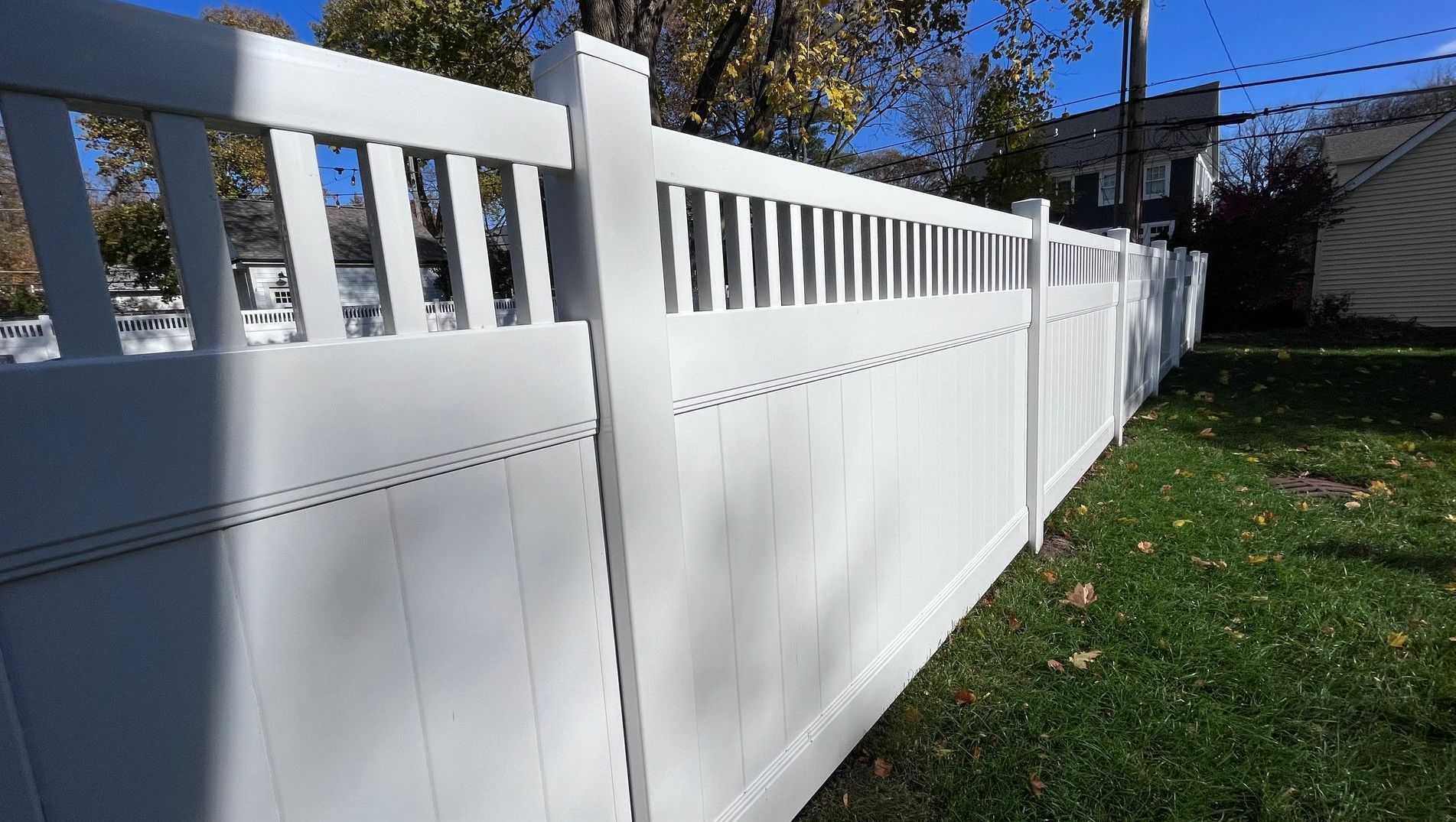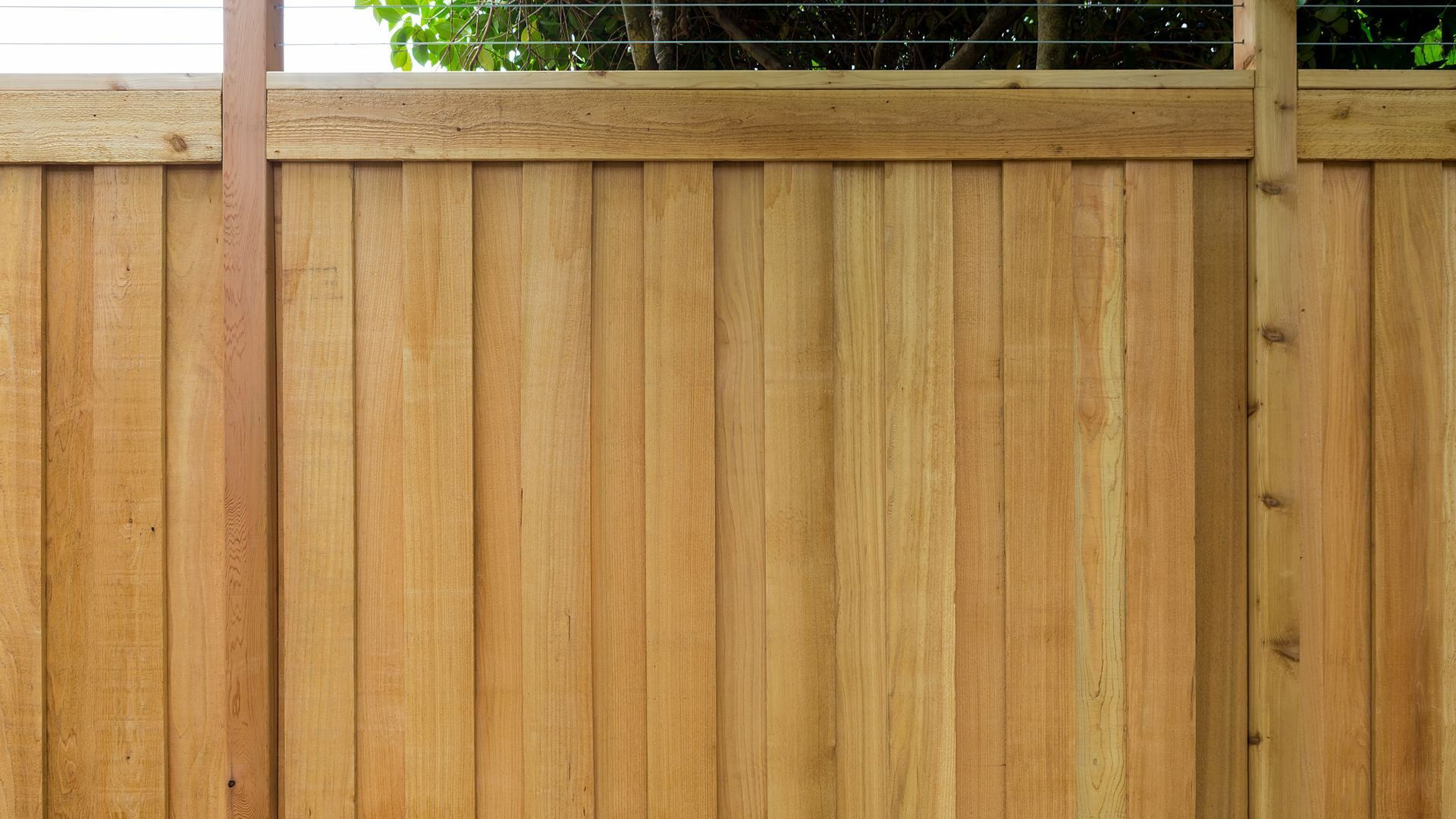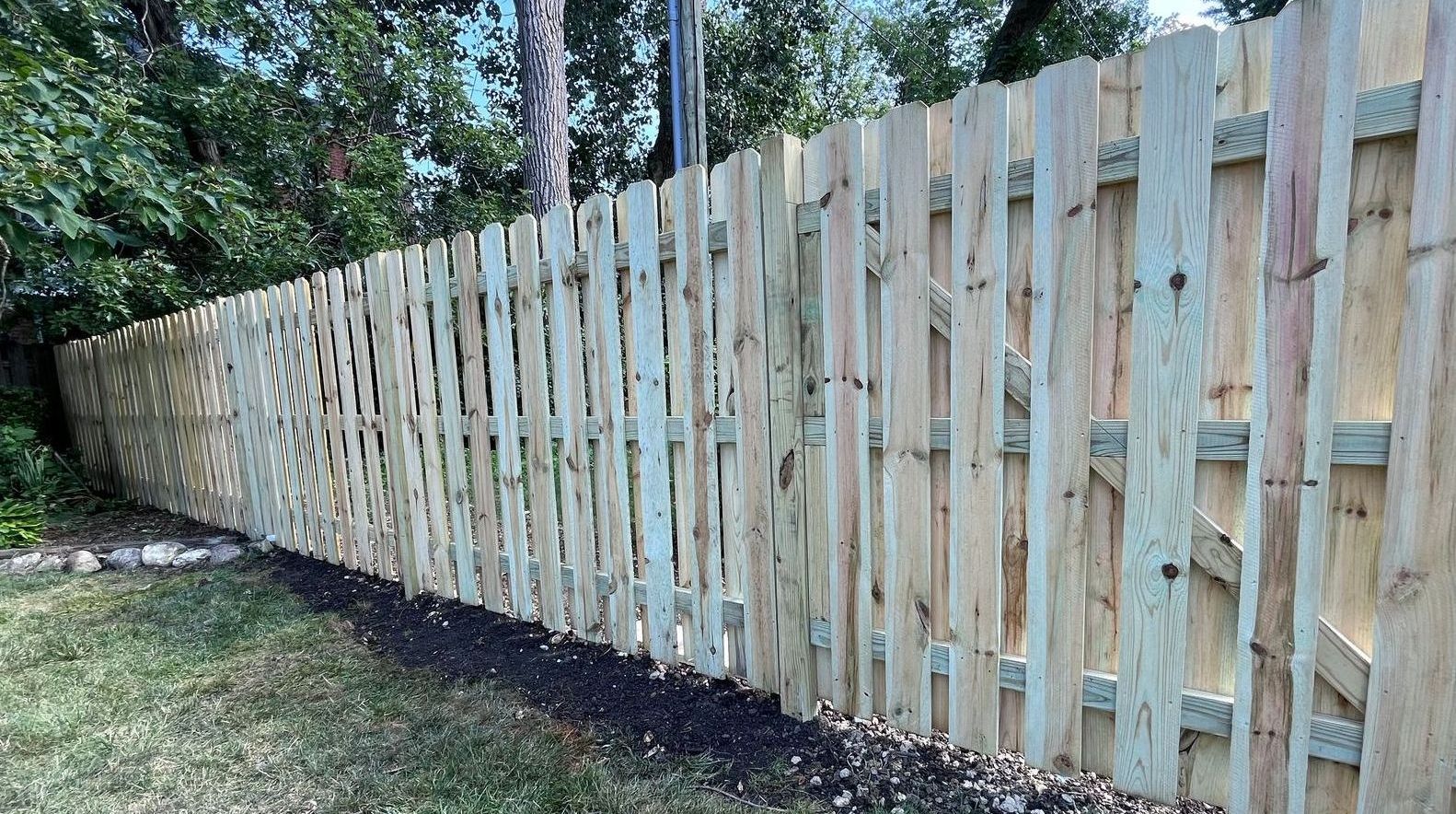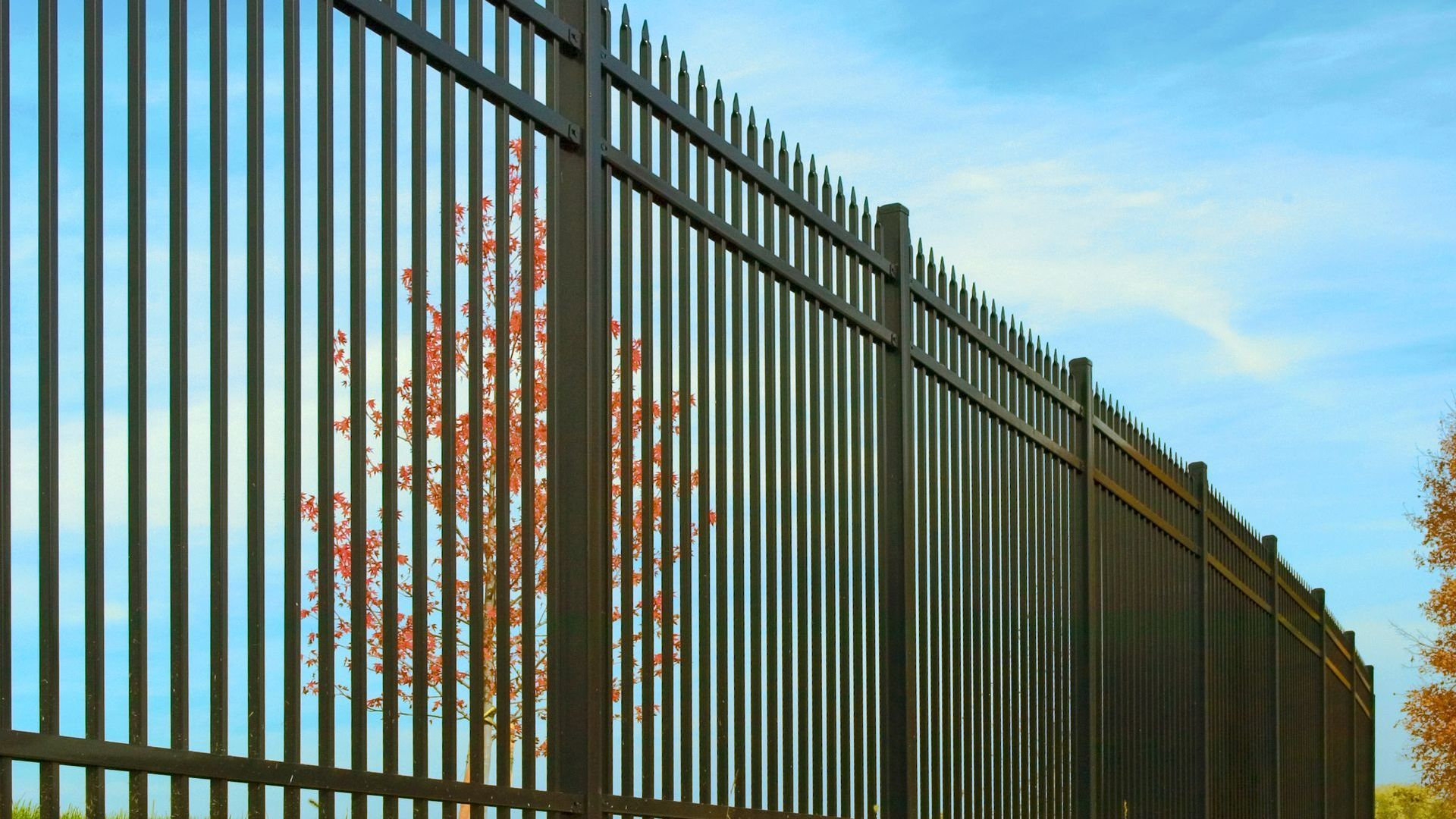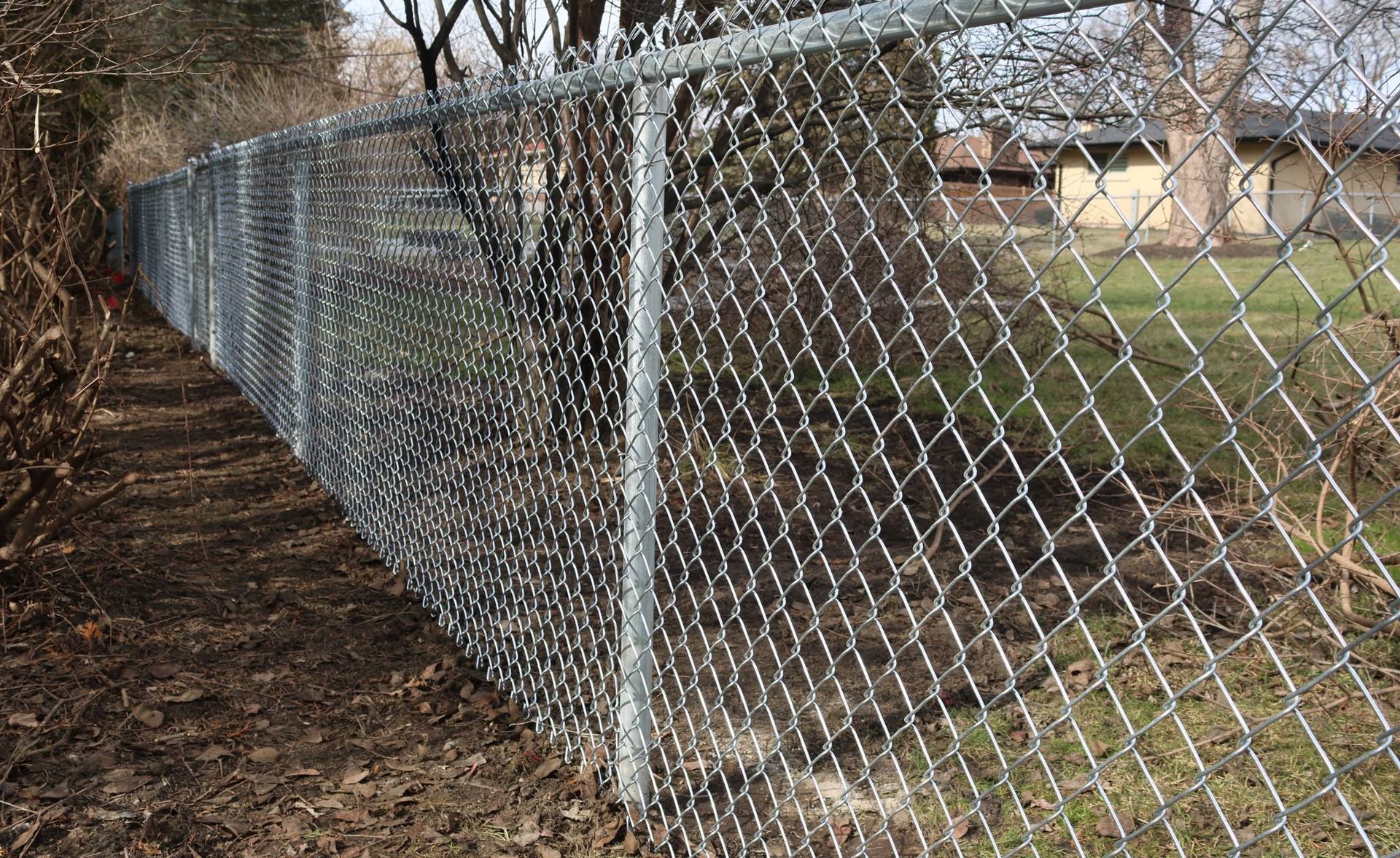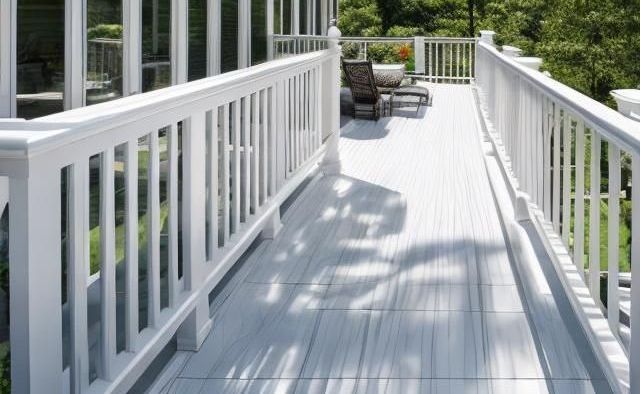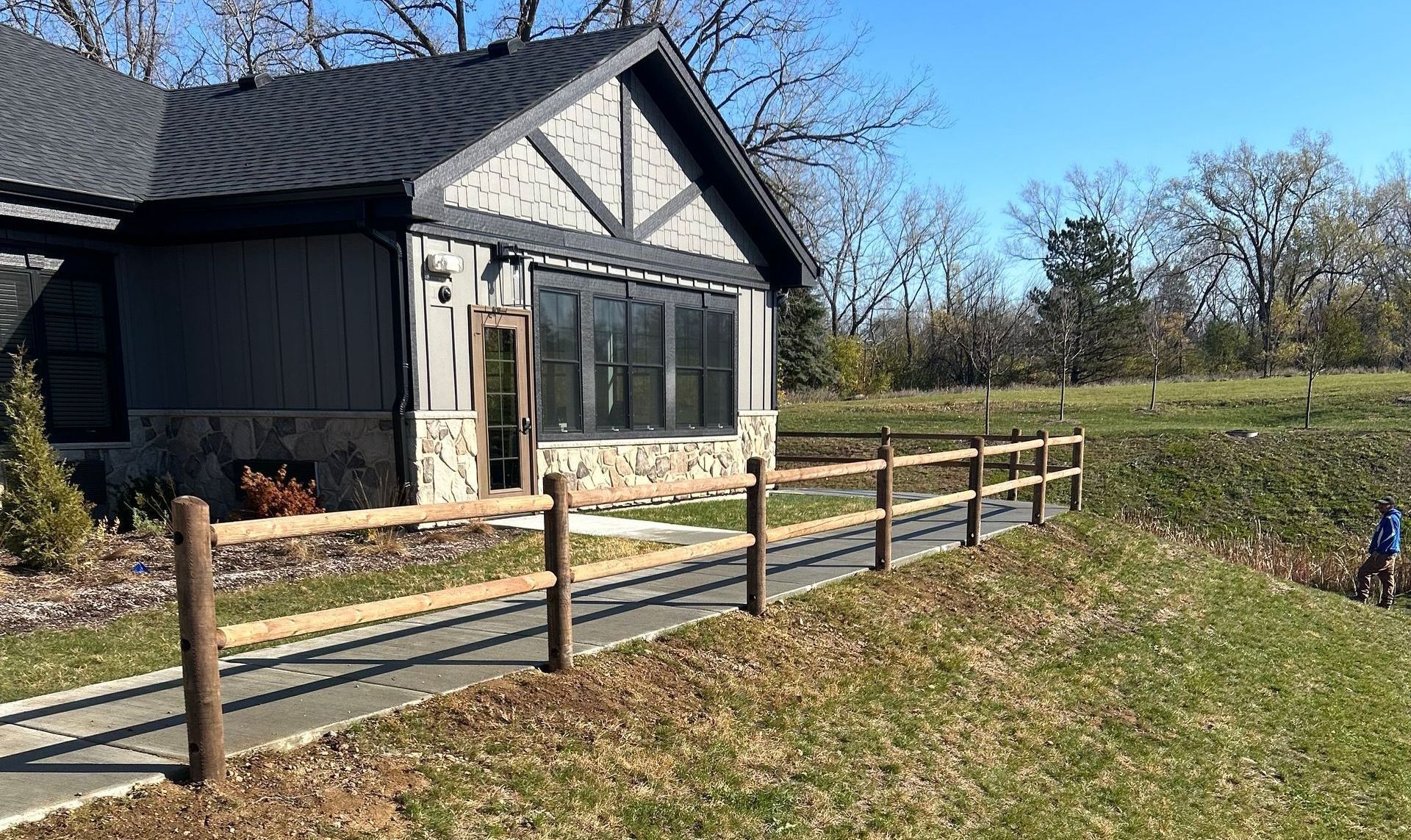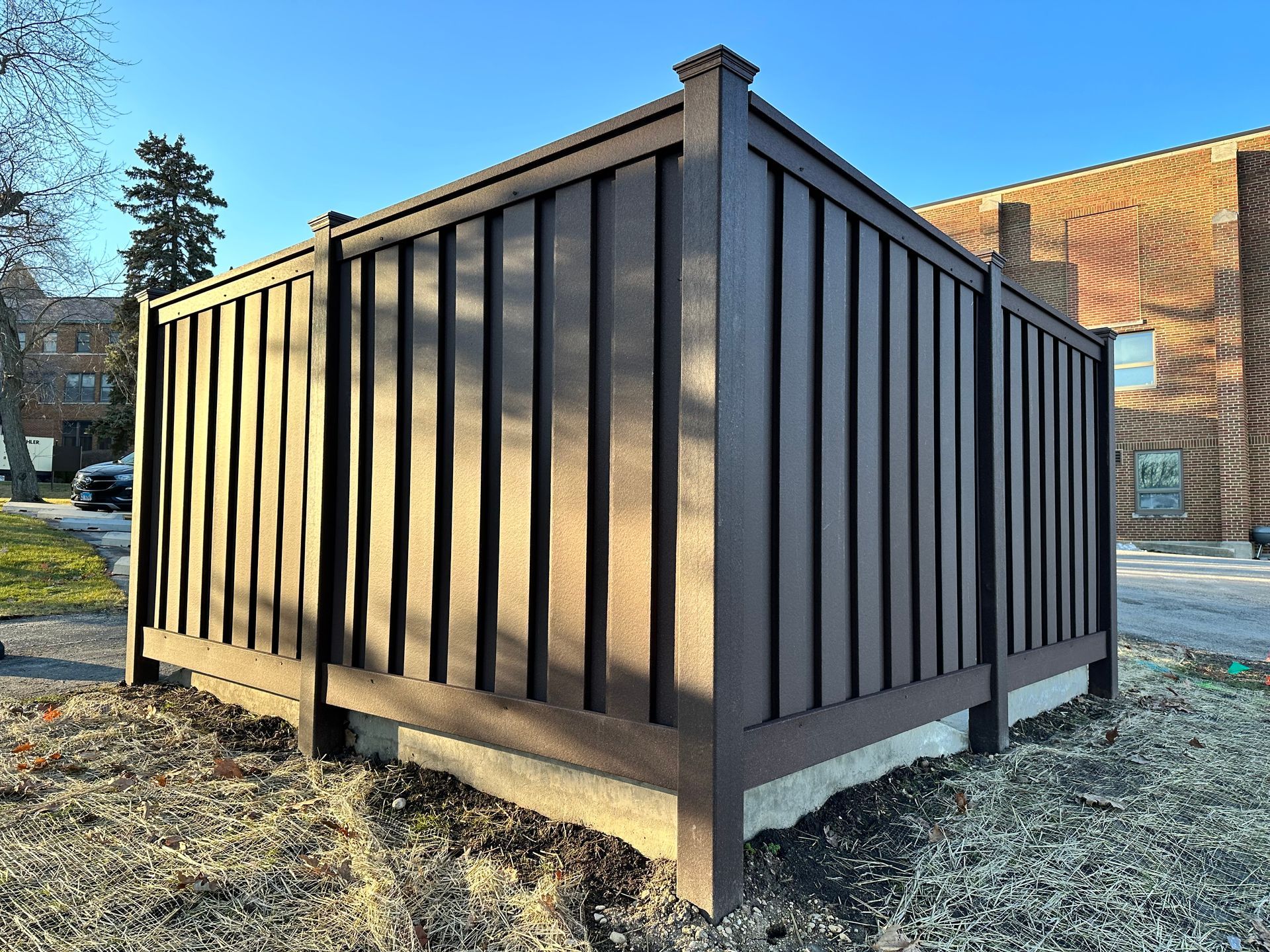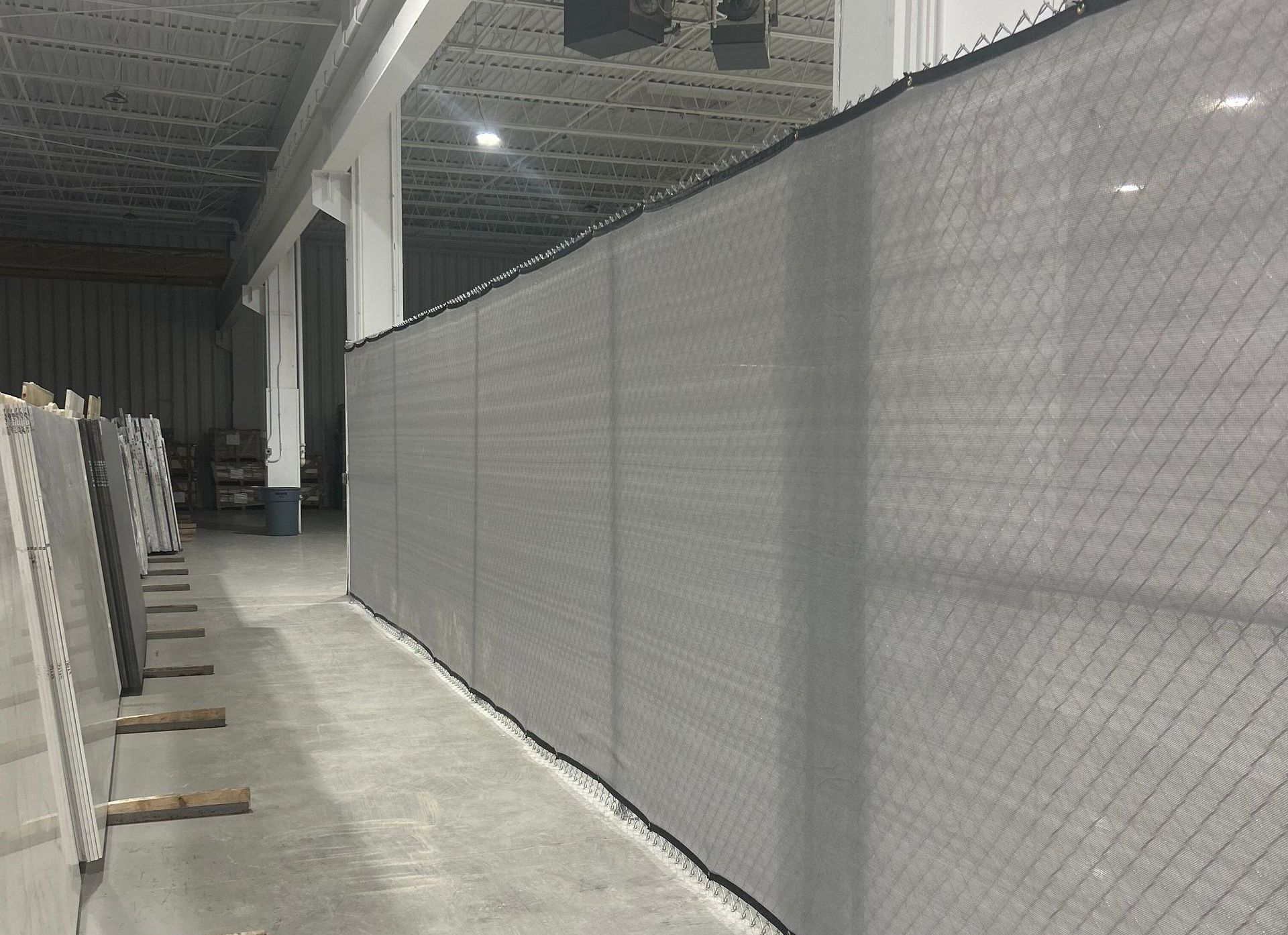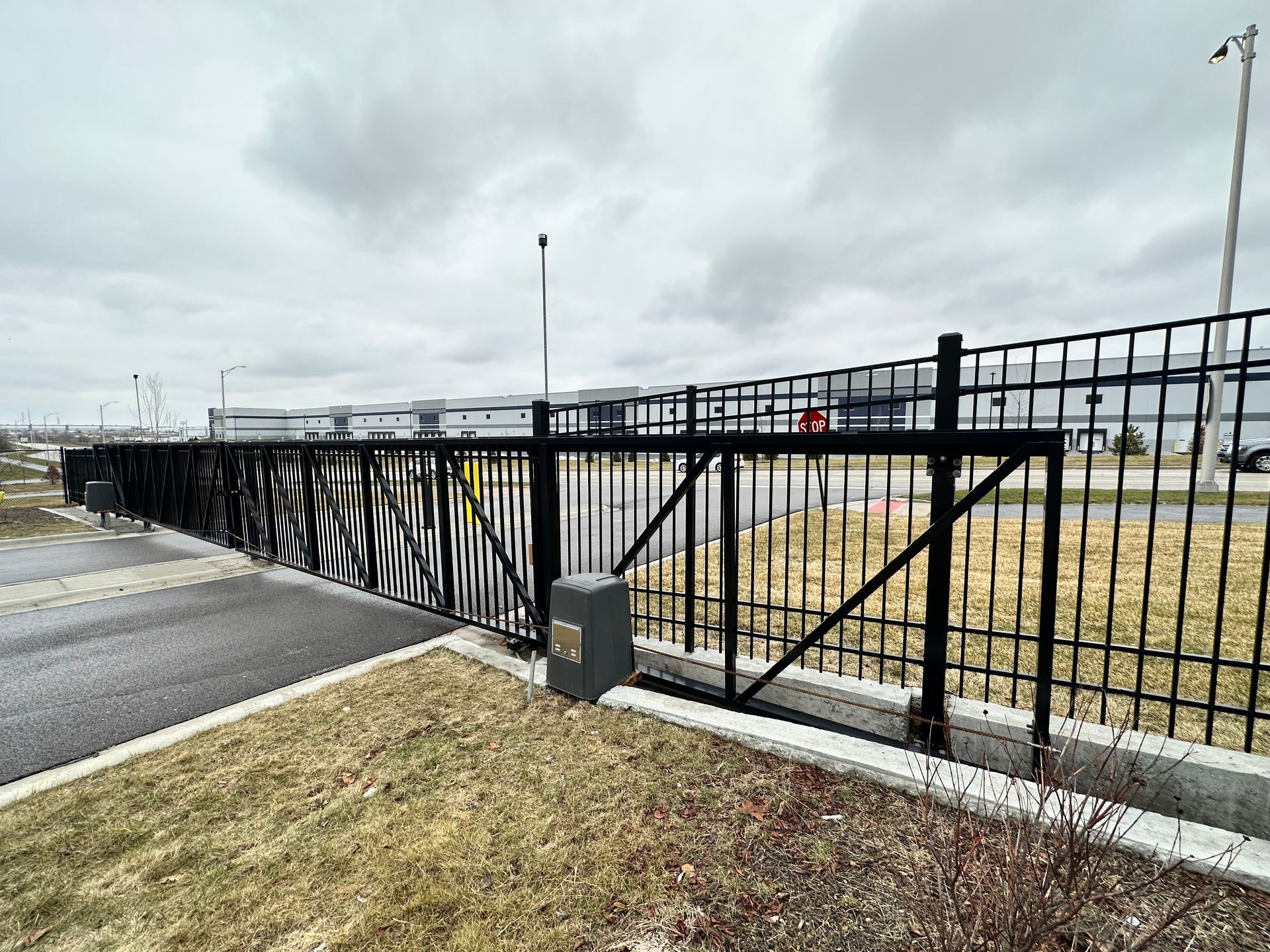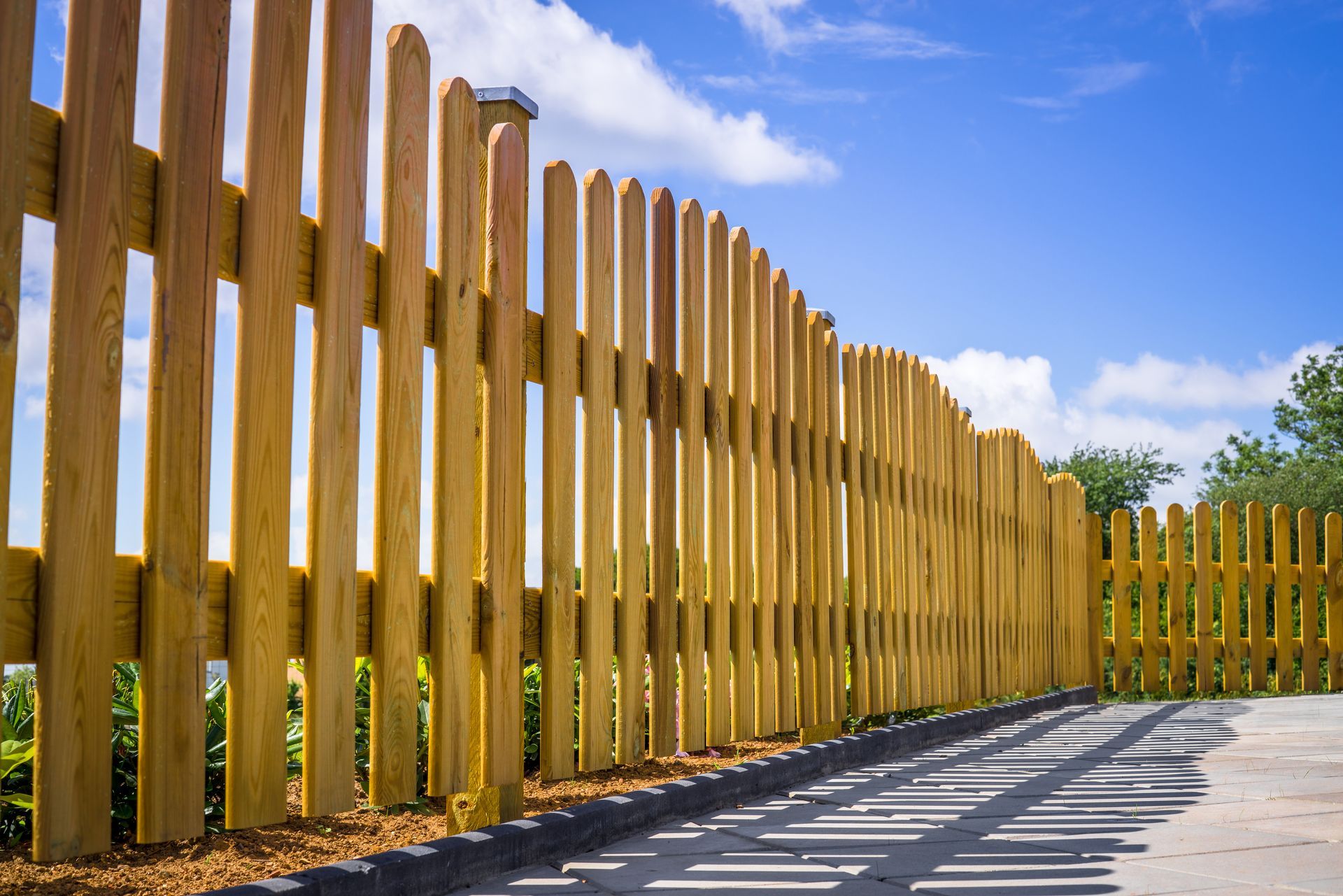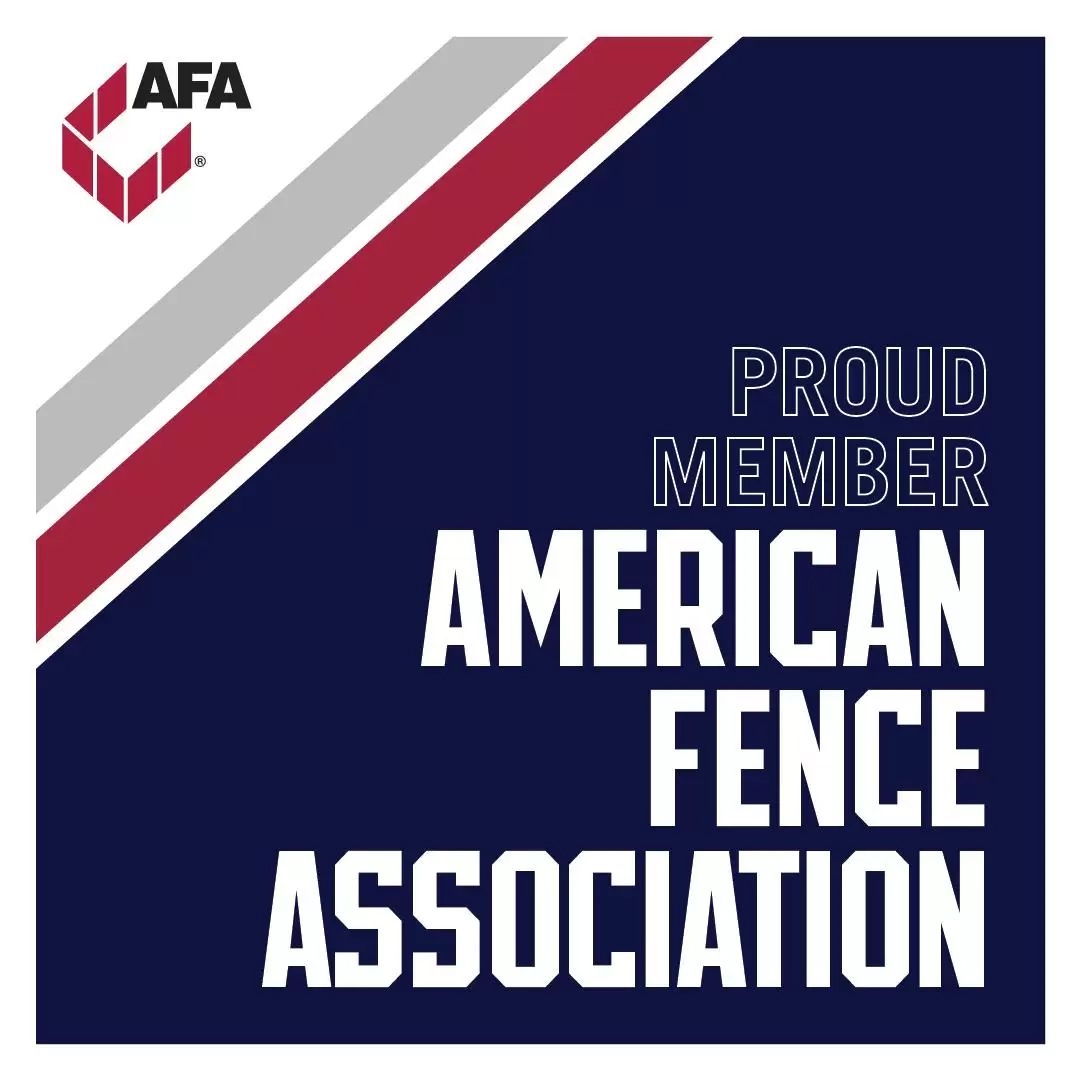Fencing Laws and Regulations
Navigating the complex landscape of fencing laws and regulations in the Chicagoland area requires a keen understanding of local ordinances that vary from one municipality to another. Each city and town within this region has its unique set of rules pertaining to fence height, materials, placement, and permit requirements. This article aims to provide a more detailed insight into these regulations, focusing on specific cities and towns in the Chicagoland area, to help homeowners ensure their fencing projects comply with local laws.
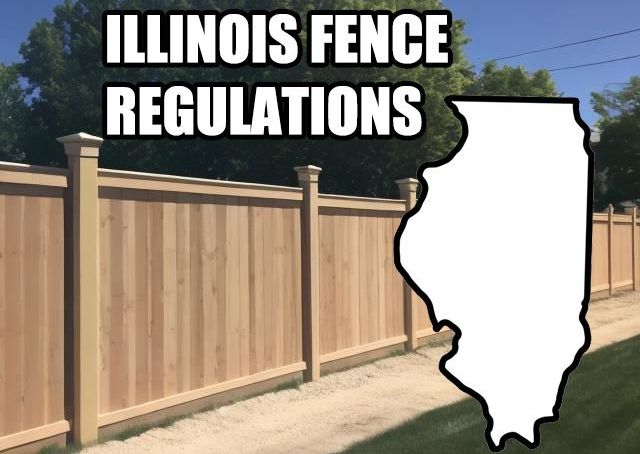
Chicago: The Heart of Chicagoland
In the city of Chicago, residential open fences can rise up to 10 feet, while solid fences are capped at 8 feet. For commercial zones, these limits extend to 15 feet for open and 12 feet for solid fences. While front and side yard fences have no special zoning ordinances, a permit might be required for backyard fences exceeding 5 feet.
Suburban Specifics: Varied Regulations Across Chicagoland
Chicagoland's suburbs each have their unique fence codes, reflecting their individual community standards and aesthetic values.
- Arlington Heights: This suburb has its specific fence regulations that homeowners must adhere to, ensuring that fences do not obstruct sightlines or exceed height restrictions set by the local government.
- Evanston: Known for its historic districts and vibrant community, Evanston's fence regulations are designed to preserve the aesthetic and cultural integrity of the area while ensuring privacy and security for its residents.
- Naperville: This bustling suburb requires homeowners to consider local fence codes regarding height and materials, especially given its mix of residential and commercial areas.
- Oak Park: With its rich architectural heritage, Oak Park may have more stringent regulations to maintain the historical look and feel of its neighborhoods.
- Schaumburg: With its high population and growing industry, Schaumburg is heavily regulated when it comes to fence installation. You cannot have a privacy fence and it cannot be higher than 5' in height.
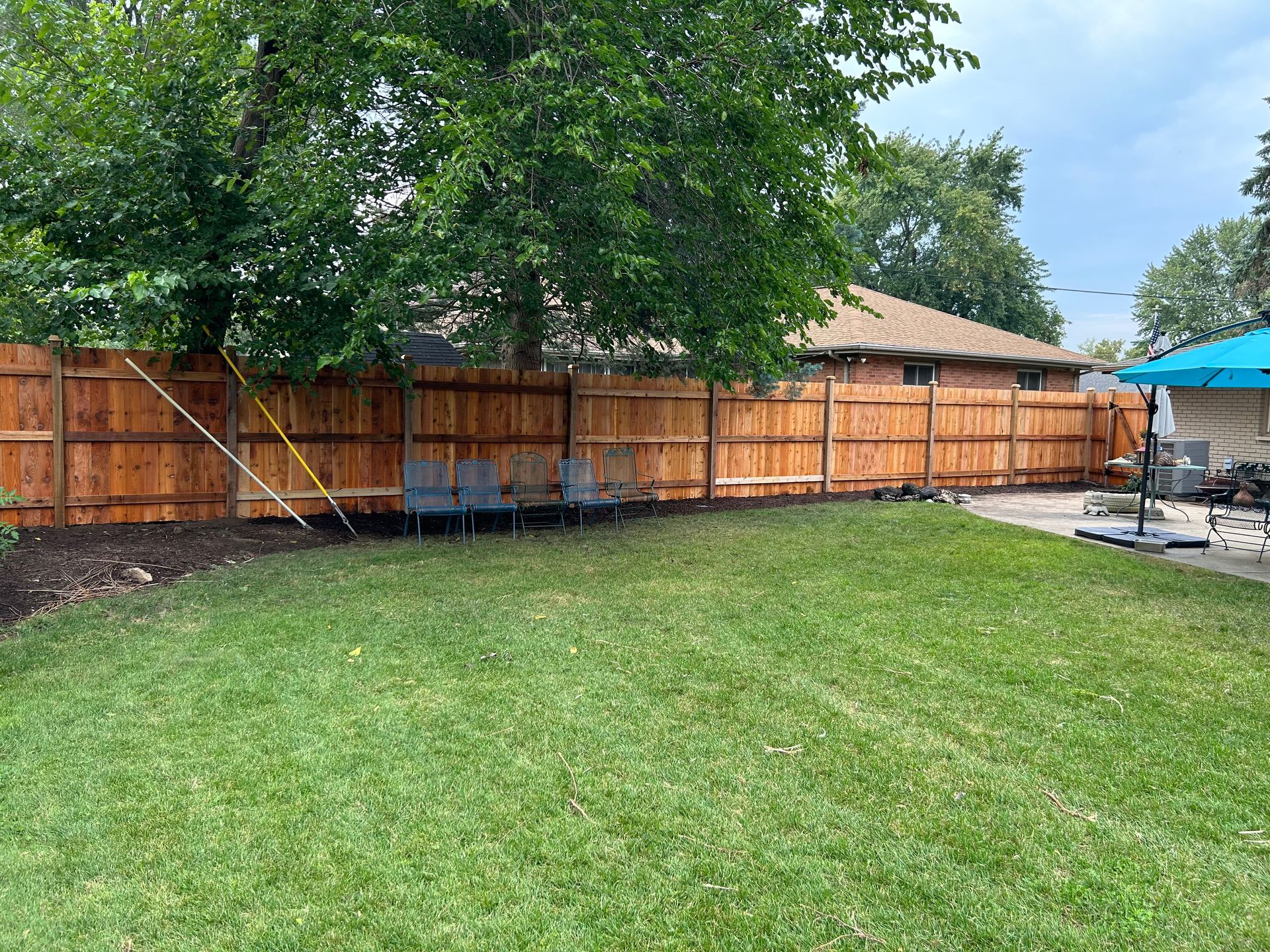
Permitting Process: A Universal Requirement
Irrespective of the suburb, most fencing projects in the Chicagoland area will require a permit, especially for fences that exceed certain heights. The process typically involves submitting detailed plans of the proposed fence, including its design, location, and materials, to the local building department for approval.
Safety and Aesthetic Considerations
In addition to legal compliance, Chicagoland's fence regulations also emphasize safety and aesthetics. For example, fences around swimming pools must meet specific height requirements and feature self-closing and self-latching gates to ensure safety.
Navigating Local Codes
For homeowners in Chicagoland, understanding and navigating the maze of local fence regulations can be daunting. Resources like Chicago Fence Codes and Top Line Fence provide valuable information, summarizing the key regulations in Chicago and its suburbs, making it easier for residents to plan compliant fencing projects.
Engaging with Communities
When planning a fencing project, engaging with neighbors and local community members can provide additional insights and help prevent disputes. It's also a good practice to consult with professional fencing contractors familiar with the specific regulations of your suburb.
The Results
For homeowners and business owners in the Chicagoland area, understanding the specific fencing laws and regulations of their city or town is crucial to ensuring that their fencing projects are legally compliant and harmoniously integrate with the local community standards. Whether you reside in the heart of Chicago or in one of its many diverse suburbs, taking the time to research local ordinances will pave the way for a successful and lawful fencing project.
Why worry about fence regulations when we handle the entire process for you? We deal with the villages and cities for all your permitting needs. We won't start the project until we have approval from the local governing authority. We do everything by the book, so you get a quality installation every time, no exceptions.
Contact us to learn more!
Fence Installation Blog
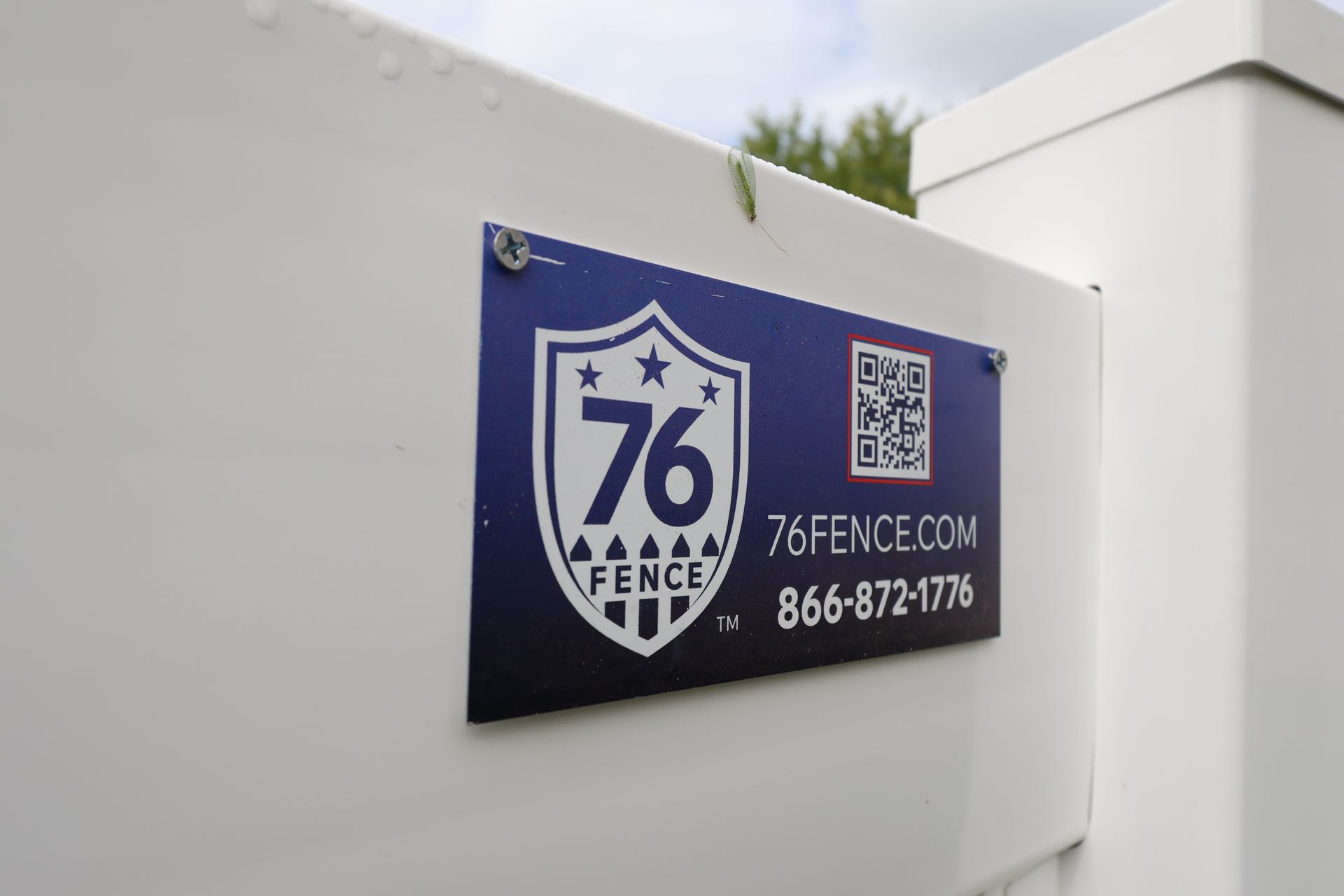
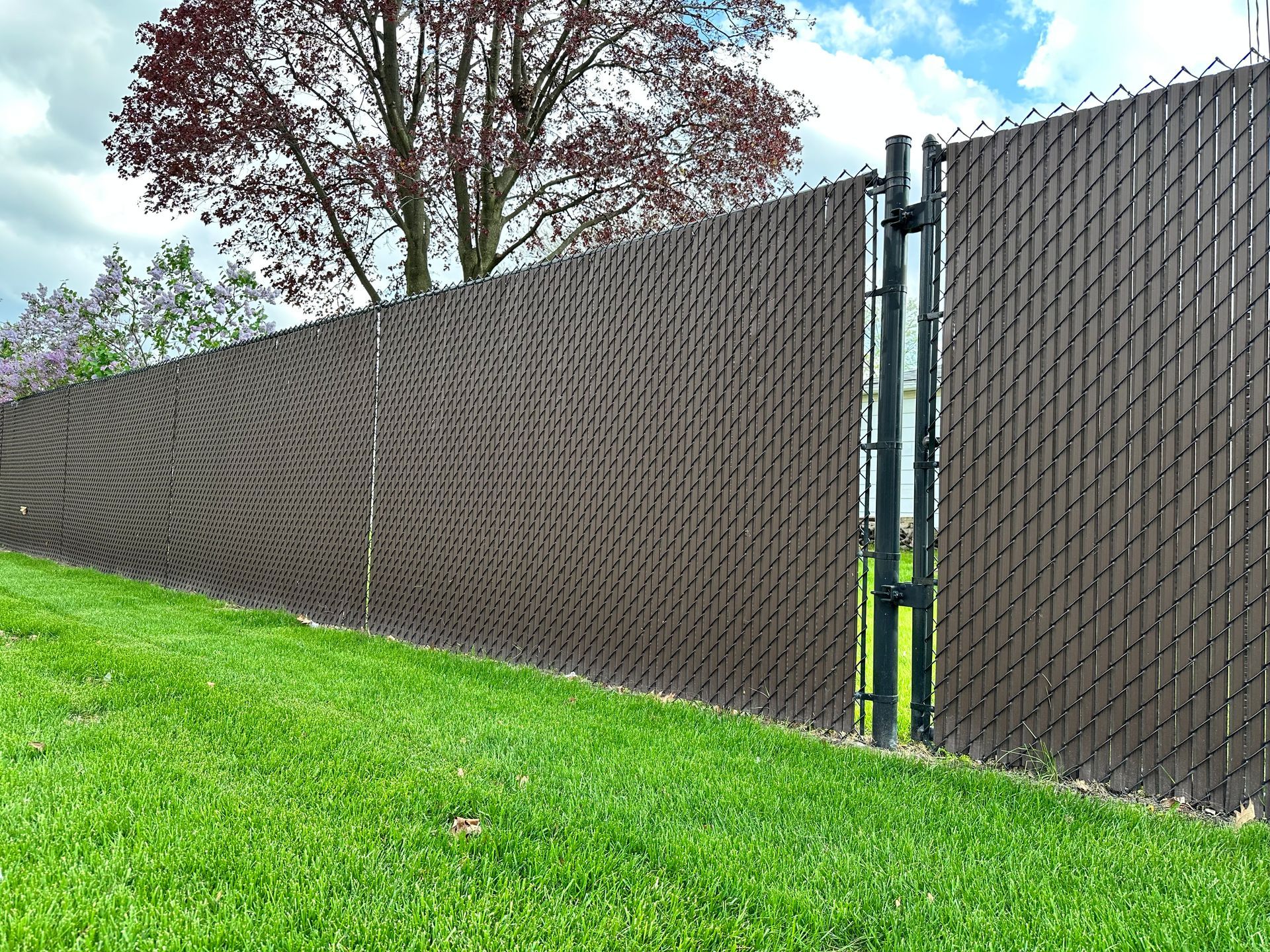
How to Upgrade Your Chain Link Fence with Privacy Slats: Benefits, Styles & Installation in Illinois
